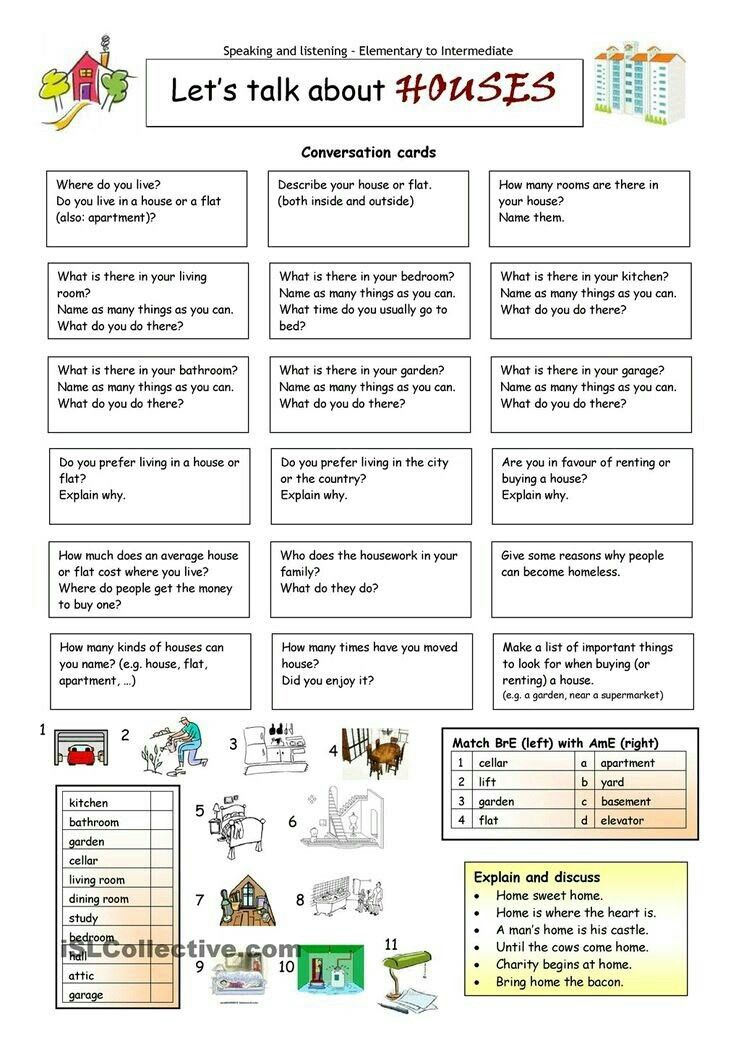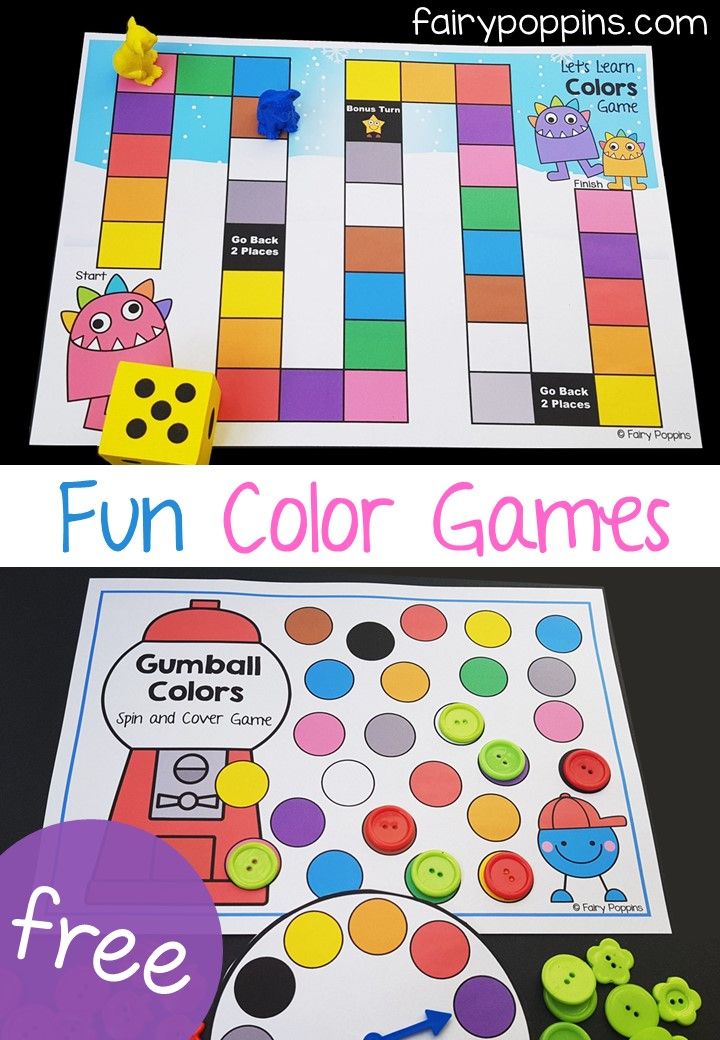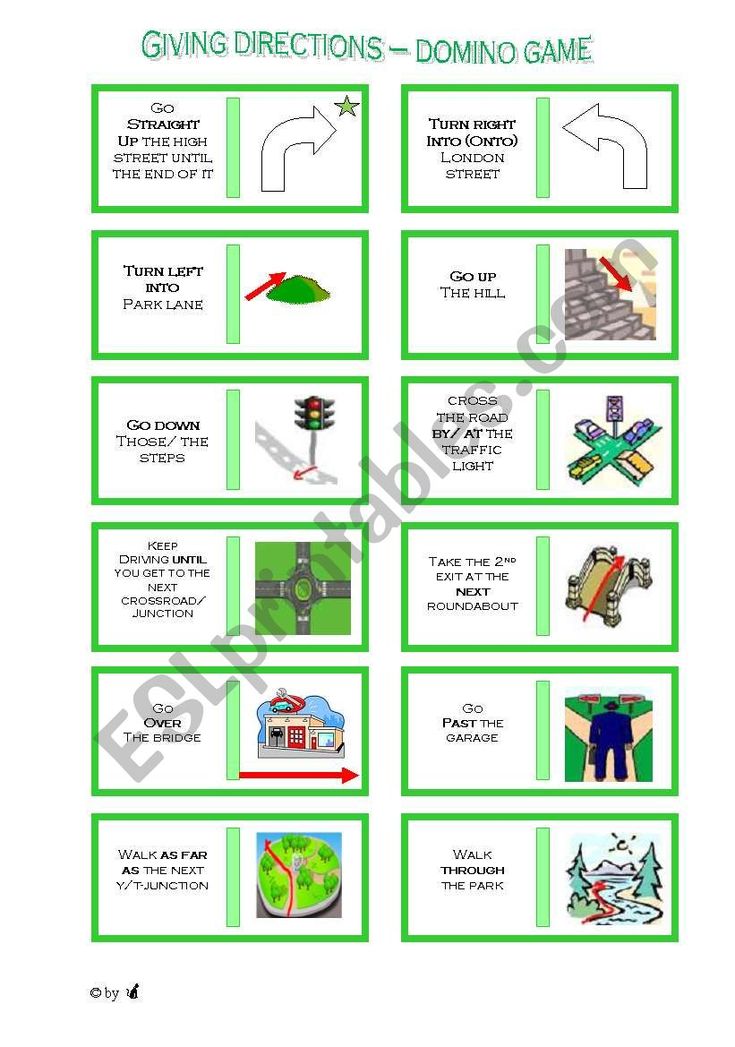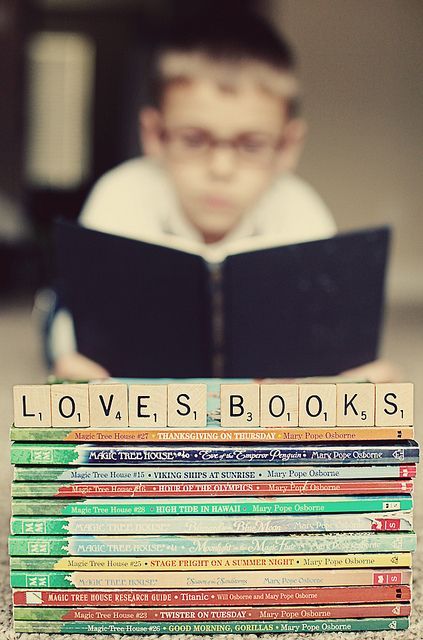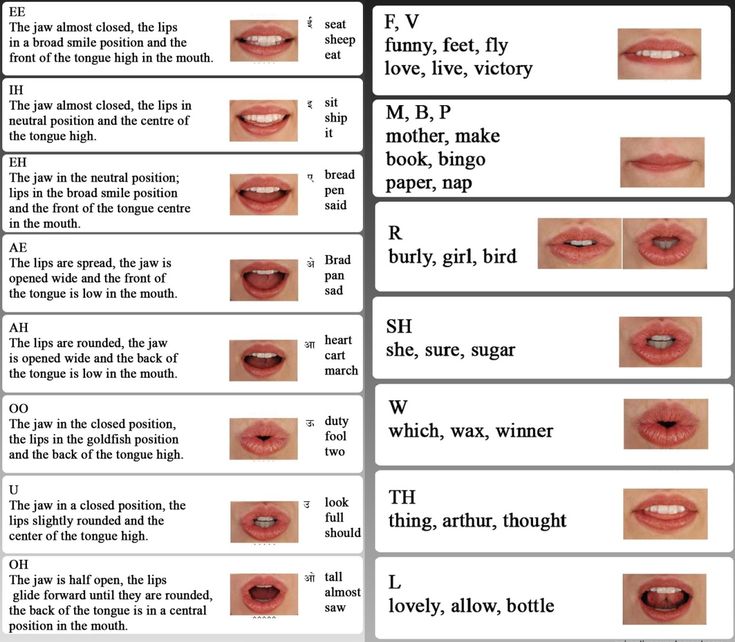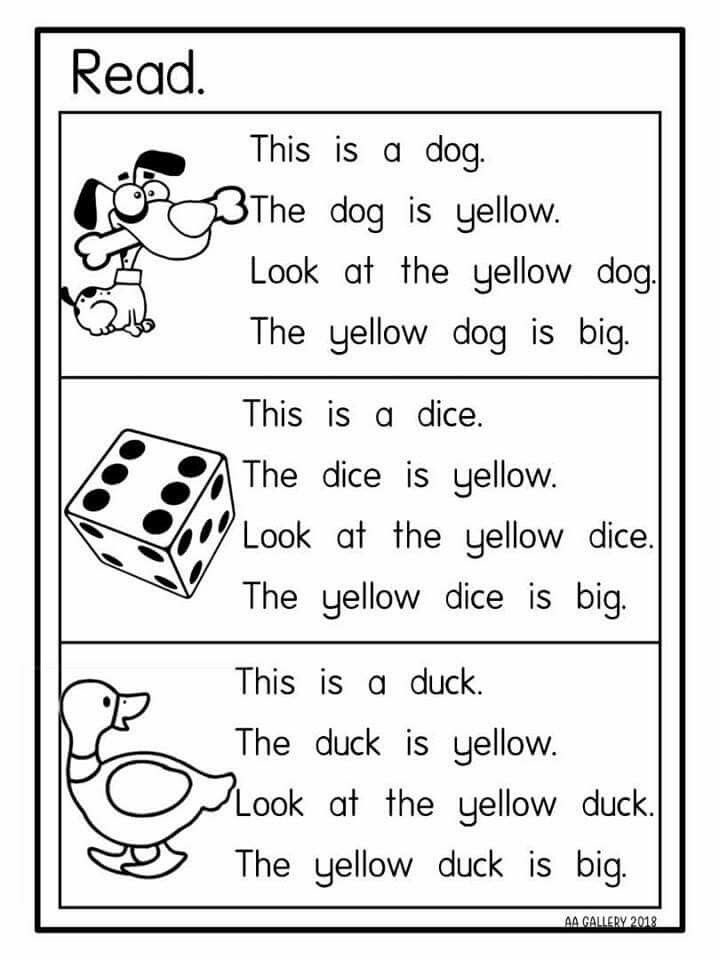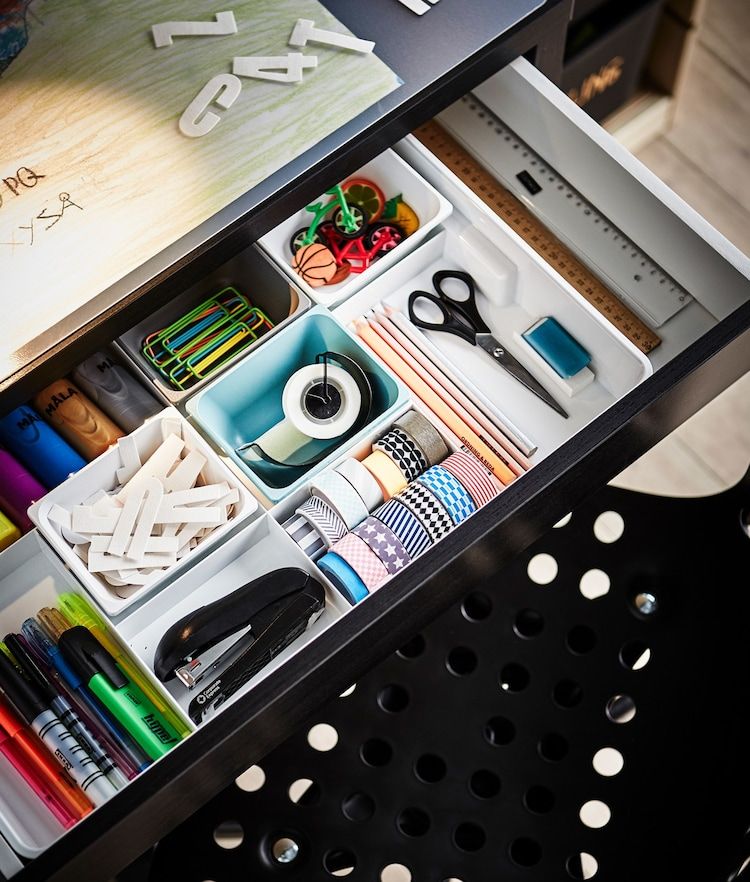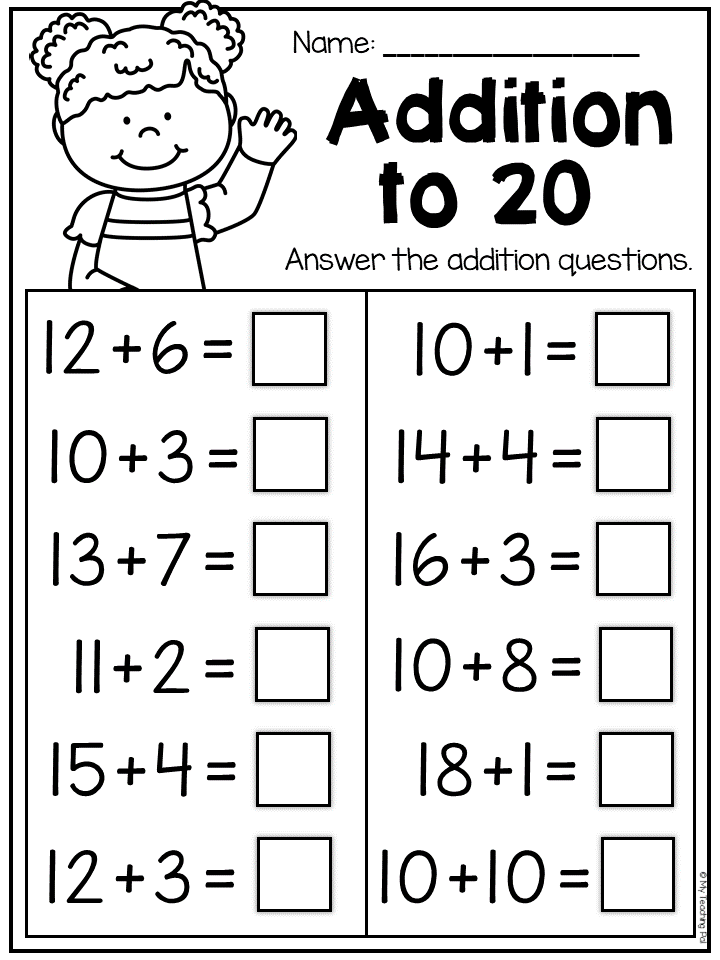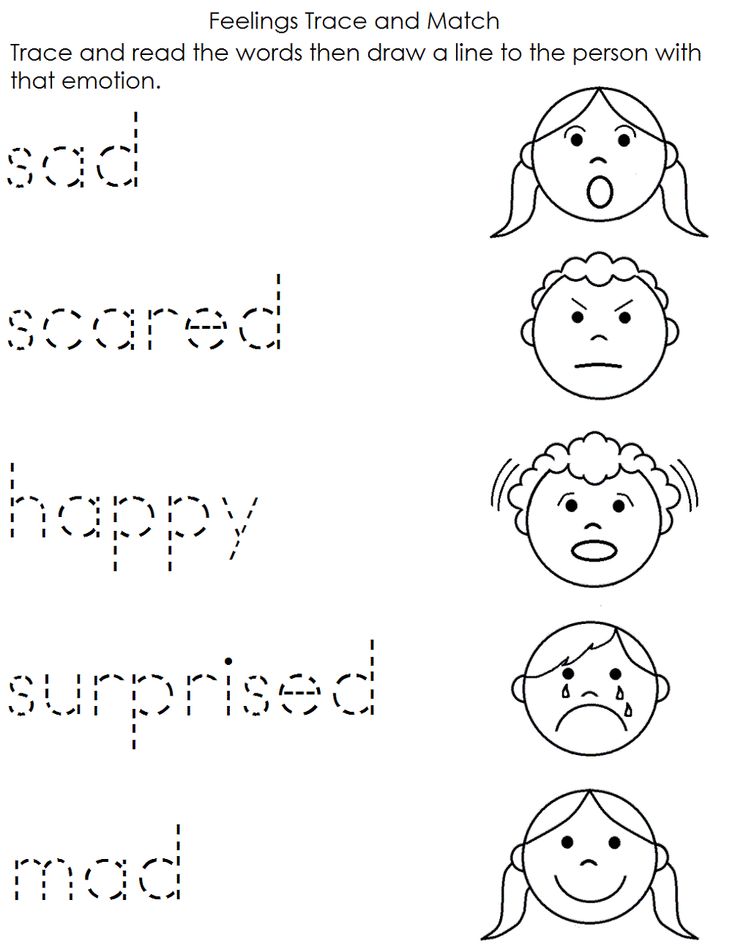Elementary social skills lessons
Try These 5 Great Social Skills Activities for Students & Groups
Working as a school psychologist in the public school system for many years, I sometimes heard school counselors asking for advice about which social skills activities they should do with their students
Children in the group often had difficulty with skills such as:
- listening
- waiting their turn in conversation
- staying on topic
- sharing materials
- understanding another person’s feelings
- getting along with others
- resolving conflict
- appropriately expressing their own feelings
This article gives five suggestions for social skills activities for students and groups.
You may think these activities are more appropriate for elementary-age students but I think they can really be adapted for younger and older groups.
Activities can also be modified for a one-on-one situation such as parent/child or counselor/student.
What the research says about social skills instruction: Phillip C. Kendall, Professor of Psychology, reported the positive effects of using modeling and role playing, and teaching self-evaluation when teaching social skills.
Further research, such as Social Skills Training for Teaching Replacement Behaviors: Remediating Acquisition Deficits in At-Risk Students, confirms the benefits of intense social skills instruction.
Interactive Social Skills Books for Kids
5
Great Social Skills Activities for Students1. Use engaging conversation, demonstration, role-play and/or visuals to teach students what social skills are and why we need to use them.
See an example of social skills below:
When first introducing kids to a social skills group it is a good idea to have them understand what social skills are and why they are important.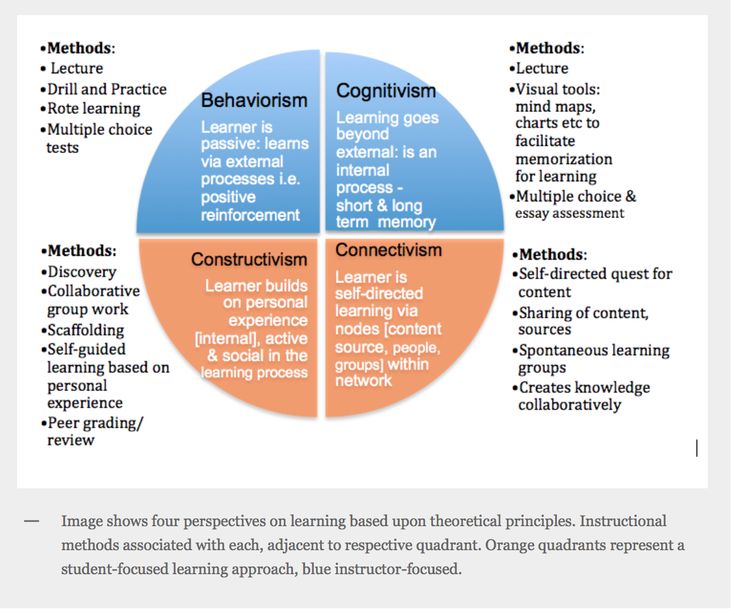
As a starting activity, write down different social skills (such as the ones from the list above) on individual slips of paper and put them in a bowl, hat, etc.
Have your students sit in a circle and pass around the slips of paper, taking turns pulling them out of the bowl one at a time.
When the student pulls the slip of paper from the bowl, ask them to say what the social skill means, have them give an example, and/or ask them to tell the rest of the group why that skill is important.
Give as much guidance and support as your students need to answer the questions. You may want to go first, to show the students how to do this activity.
Here is an example:
If a student picked “sharing materials” she could say “That means to let someone use something that you are using.
For example, if I am coloring with crayons I can let my friend borrow my crayons and color with me. Sharing is important because it shows others that you care about how they feel.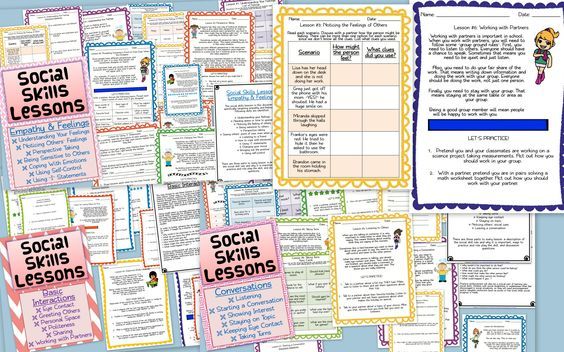 Part of being a good friend is sharing.”
Part of being a good friend is sharing.”
You could even have students act out the skills. So in this example, you can have one of your students pick materials to share with the other members of the group.
You can also let students create their own drawings of the skill you are talking about. To give you an idea of what I mean, below is a drawing of sharing:
Depending on the students’ skill and age level, frustration tolerance, and ability to sustain attention, you can do all of the suggestions I mentioned in this activity or just one.
You can break this into several lessons by only doing a few social skills at a time.
You also might want to add some skills that are not on the list such as showing empathy, staying on topic in conversation, and using manners.
Recommended Article: 15 Behavior Strategies for Children on the Autism Spectrum
2. Use games and fun activities to practice sharing, turn-taking, listening, following directions, encouraging others, and being polite.
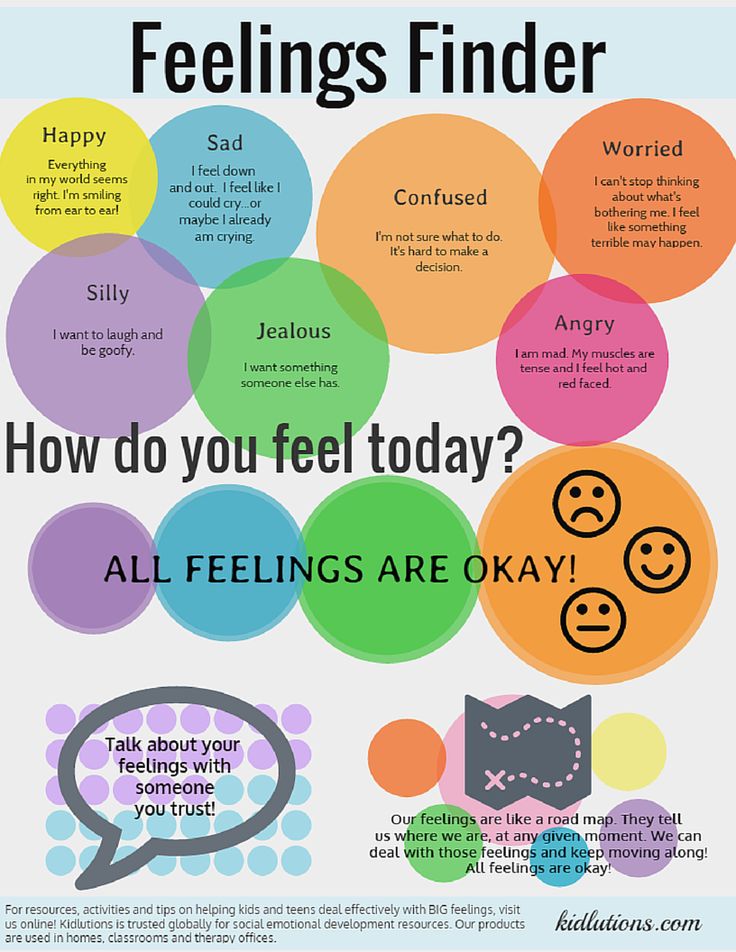
In the video below, the therapist uses bubbles as the prop. Other objects can be used to tailor this activity to students of different ages.
Imagine implementing this same lesson but using activities such as shooting a basketball in a net, playing with a remote control car, doing an activity on the computer, etc.
Recommended Article: 8 Fun Activities to Practice Social Skills with Your Child
3. Use conversation starters to create a dialogue between students or between counselor and student.
Then the youth is supposed to ask another person a question related to the topic they pick, and the other person is to ask a related question back.
This activity allows students to practice listening, taking turns in conversation, staying on topic, and expressing interest in another person’s thoughts, ideas, and/or life.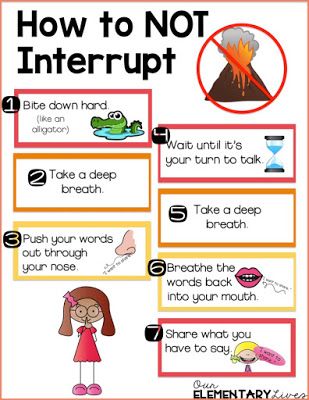 See examples in the video below.
See examples in the video below.
The counselor in the video below encourages the students to pick a topic from a slip of paper in a cup (e.g., friendship, fears, favorite activities, etc..)
4. Teach what is means to be a friend.
This next video gives you great ideas for how to talk to children about what it means to be a friend.
After you show the video, have your students:
- tell you what they learned about being a friend
- draw a picture that shows someone being a friend to another person
- and/or practice one of the skills in the video
For example, this video mentions being a good listener and sharing as two of the things good friends do, so as part of the lesson have your students practice listening to each other and/or sharing items.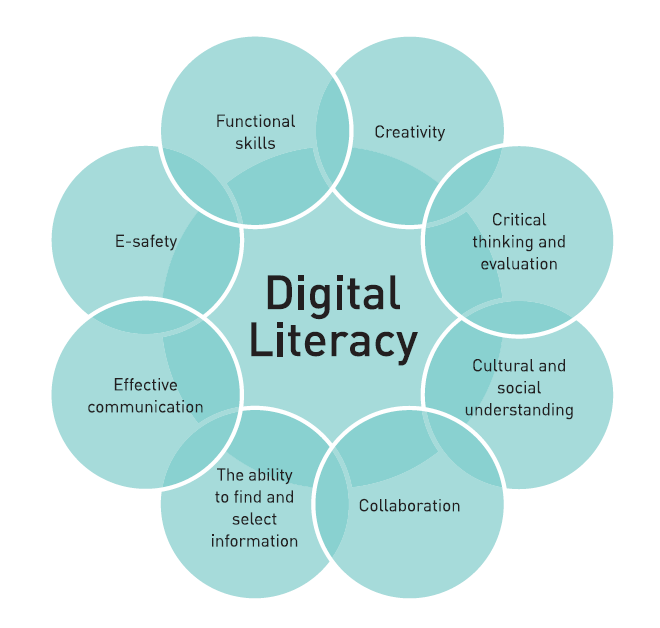
Talk to your students about what it means to be an active listener (e.g., looking in the direction of the person who is talking, waiting your turn to speak, responding to what the person said, trying to understand how the other person might be feeling, etc.).
The “What it means to be a friend” lesson could be a great segue into the lessons above which hone in on sharing skills and conversation skills.
Related Article: How to End Bullying Part 1: 19 Tips for Parents and Teachers
5. Practice complimenting each other.
Speaking of being a good friend, complimenting others (a great friendship skill) is another nice activity to do with your group.
Set the expectations from the beginning that only kind words and respect for each other is allowed in the group.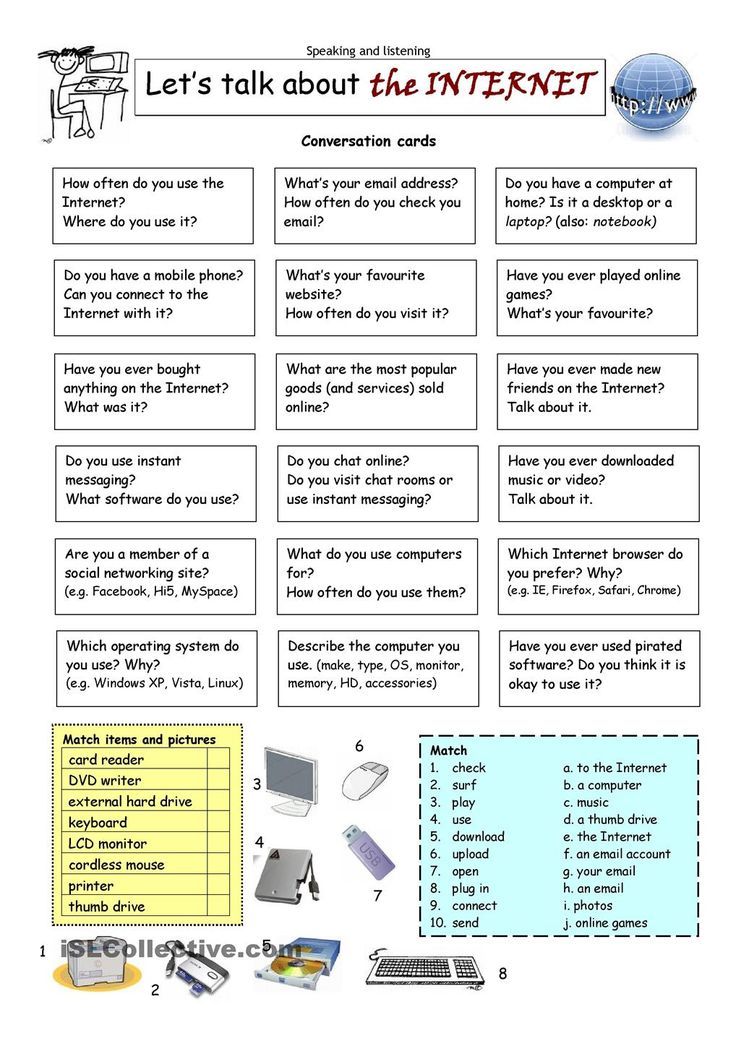
For this activity, you could go around in a circle and have each student say something nice about someone else in the group.
To make sure everyone gets a turn to be complimented, put people’s names on slips of paper in the bowl and have them pass it around taking turns pulling out names.
This activity will get easier as the students get to know each other better.
If the students just met and are not sure what to say about each other, allow them to say something nice about a family member or friend outside of the group.
As the group gets to know each other, the compliments should be about the group members.
Side Note: To teach self-evaluation, discuss how you and your student(s)/client(s) did during each activity. Give specific feedback about what went well and discuss areas that need improvement.
Let your clients share their own thoughts and perceptions about how they did during the activity. Encourage your clients to think about their own behavior when they are involved in similar real-life scenarios.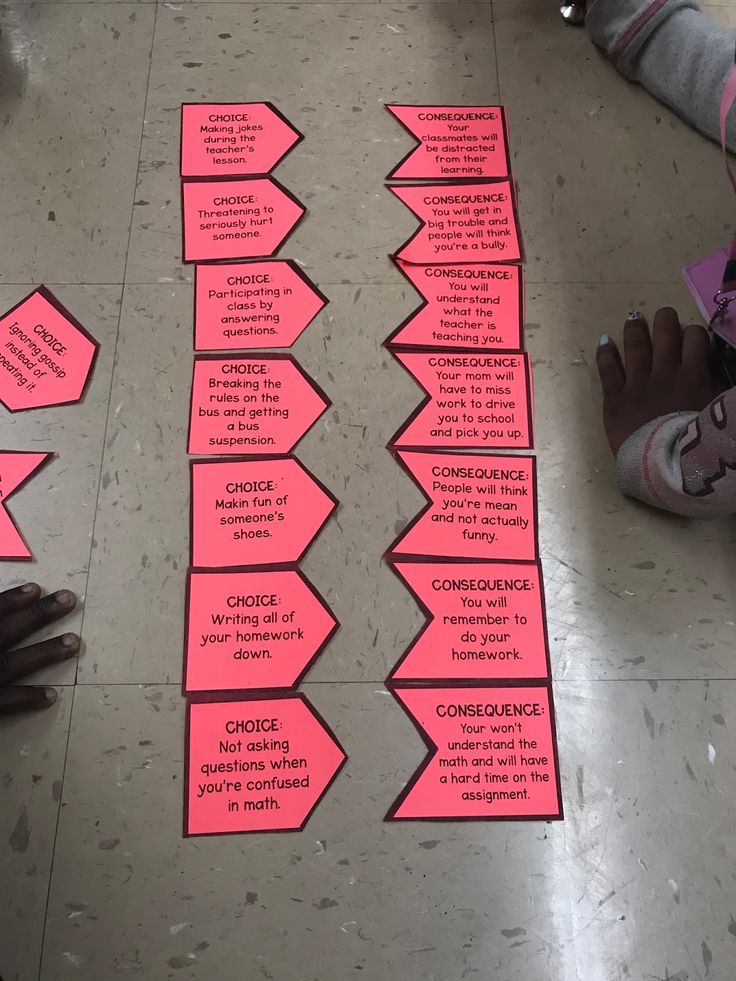
Model Me Kids produces dozens of videos to teach/model social skills that can help children develop better relationships.
Video modeling is a research-based practice. You can view more of the Model Me Kids Video Program here. Below is a sample video.
Recommended: Become a Certified Self-Esteem Coach for Children
Education and Behavior – Keeping Us on the Same Page for Kids!
More Articles to Help with Social Skills
- 5 Great Activities to Do with Your Social Skills Group (Adolescents/Teens)
- Tips to Help a Child Not Be Alone at Recess or in the Cafeteria
- 5 Great Games to Play in a Social Skills Group
- 10 Great Books to Teach Social Skills to Children
- What Does Research Say About How We Can Teach Children to Have Empathy?
- 3 Research-Based Programs That Improve Social-Emotional Skills in School-Aged Children
- Engaging Social Studies Curriculum Shows Promise for Improving Social Skills in Students with Emotional and Behavioral Needs
- Interactive Book Helps Kids Understand the Power of Positive Choices!
- Theatre Teacher Shares Three Techniques to Increase Empathy in Students
- 5 Great Books to Teach Young Children About Empathy
- 9 Practical Strategies to Decrease Impulsive Behaviors in Children
- Roots of Empathy: A Research-Based Program that Counters Bullying
- 8 Fun Activities to Practice Social Skills with Your Child
Rachel Wise
Rachel Wise is the author and founder of Education and Behavior.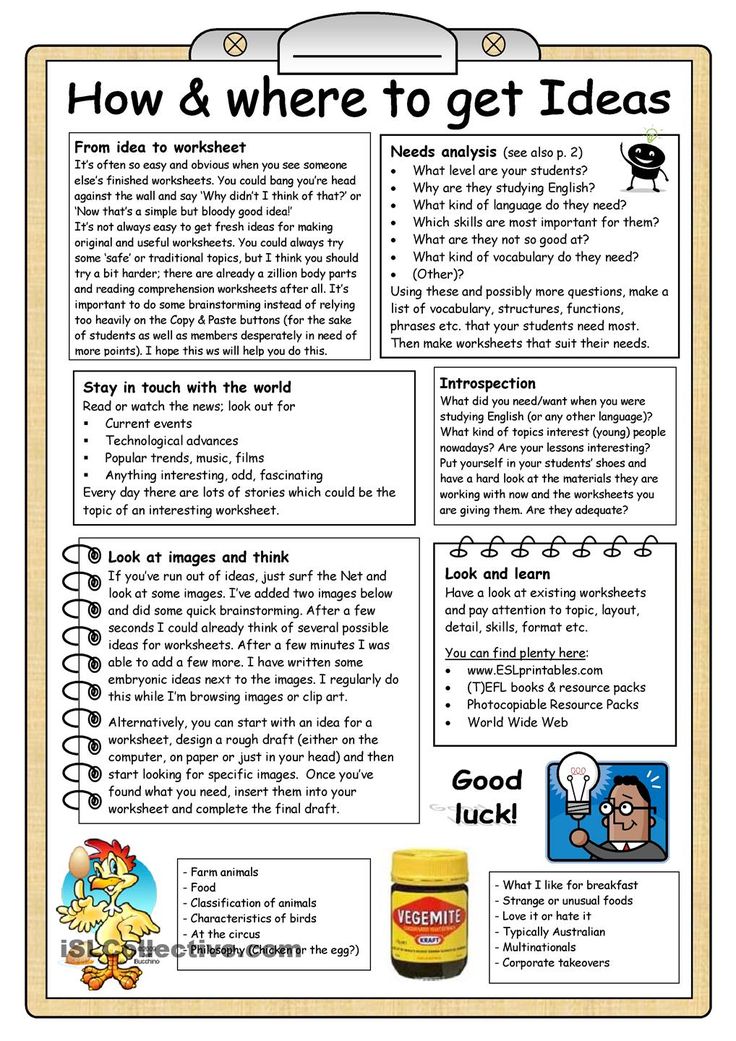 Rachel created Education and Behavior in 2014 for adults to have an easy way to access research-based information to support children in the areas of learning, behavior, and social-emotional development. As a survivor of abuse, neglect, and bullying, Rachel slipped through the cracks of her school and community. Education and Behavior hopes to play a role in preventing that from happening to other children. Rachel is also the author of Building Confidence and Improving Behavior in Children: A Guide for Parents and Teachers.
Rachel created Education and Behavior in 2014 for adults to have an easy way to access research-based information to support children in the areas of learning, behavior, and social-emotional development. As a survivor of abuse, neglect, and bullying, Rachel slipped through the cracks of her school and community. Education and Behavior hopes to play a role in preventing that from happening to other children. Rachel is also the author of Building Confidence and Improving Behavior in Children: A Guide for Parents and Teachers.
“Children do best when there is consistency within and across settings (i.e., home, school, community). Education and Behavior allows us to maintain that consistency.”
www.educationandbehavior.com
Social Skills Lessons & SEL Curriculum For Elementary School
Students in Pre-K through 2nd grade are at a crucial developmental milestone to begin social emotional skill development for early elementary students with Move This World.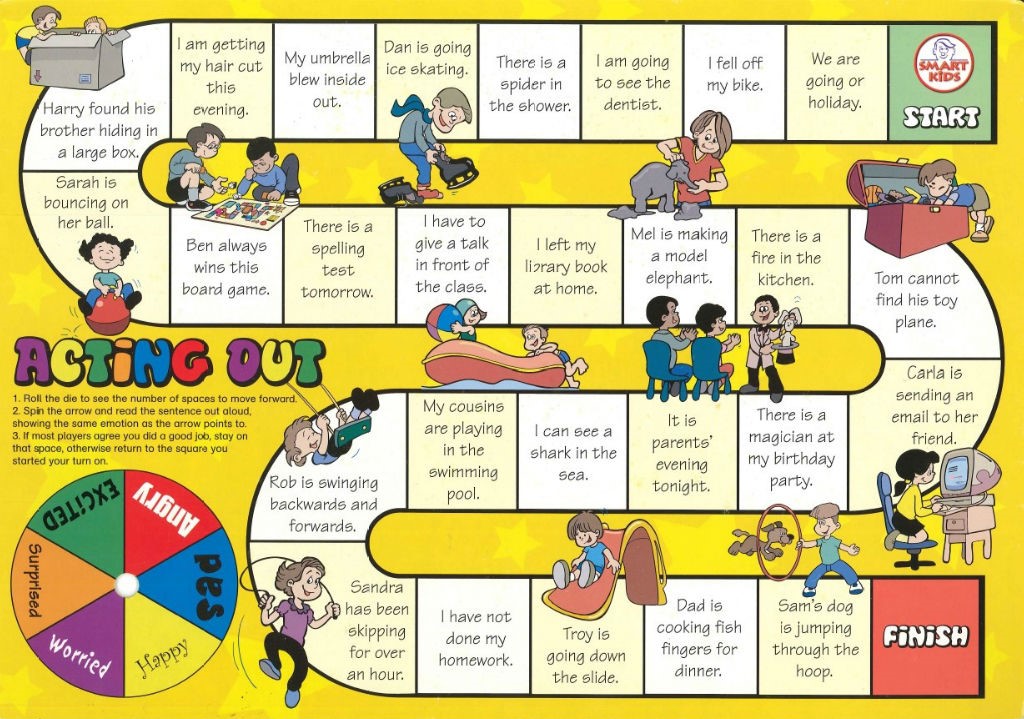 With their big imaginations, young students take naturally to our unique interactive videos. By inviting them to play, Move This World seamlessly introduces SEL concepts into their daily routine.
With their big imaginations, young students take naturally to our unique interactive videos. By inviting them to play, Move This World seamlessly introduces SEL concepts into their daily routine.
SEL Social Skills Build Communication
While children in this age group love to laugh, sing, and move, they also have very big feelings and emotions. They are still developing an awareness of how they relate to their peers, and they are learning to regulate their bodies. Their brains are doing hard work, and they don’t always know how to ask for a break or for help.
Teachers are under pressure to give individual attention to students without falling behind in a given day’s lesson plan. Administrators are aware that each classroom has complex dynamics, and it’s difficult to know if teachers have the tools they need to fully serve the students. Family members need the support and tools to help them bridge the gap for their children, whether learning is happening remotely or in the classroom.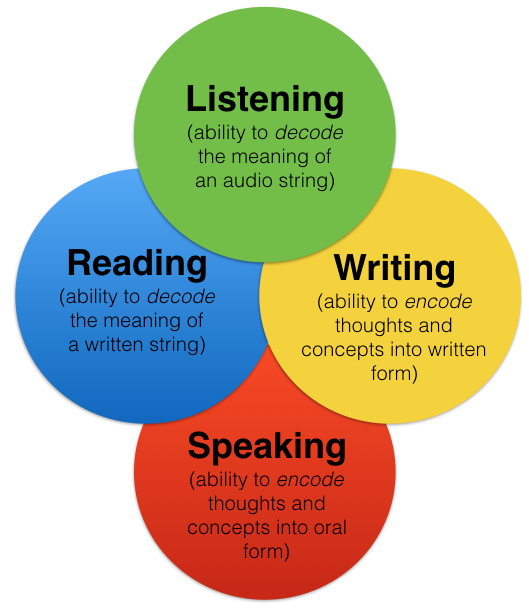
Now imagine a radically different learning environment. Students have words for their emotions. When those emotions run high, you know how to help your students breathe their way to calm. Everyone starts the day with exercises that encourage focus and listening skills. Students pay attention to peers and family members and apply social skills that help them support each other. This is all possible, and this is how we Move This World.
Request a demo
Watch How Little Learners
Move This World
Activity: Emogometer
SEL Competency: Self Awareness
Skills: Identifying emotions, Expressing emotions
Objectives: Recognize that emotions vary in intensity. Recognize and label the intensity of an emotion we are experiencing and describe what causes our basic emotions.
Sign up for a demo
Age Appropriate Approach to Emotional Intelligence
Move This World’s early elementary program is designed to work in cooperation with the cognitive abilities of each grade level.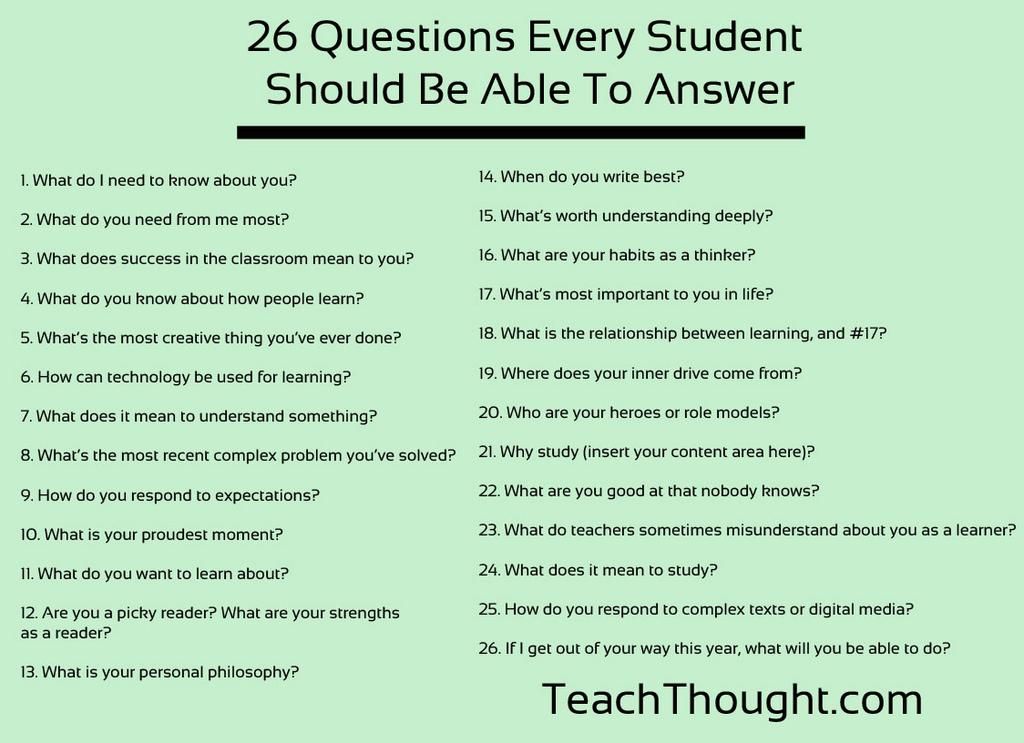 Our program provides a grade-level specific SEL curriculum for Elementary Schools and doesn’t ask these students to be anyone other than who they already are.
Our program provides a grade-level specific SEL curriculum for Elementary Schools and doesn’t ask these students to be anyone other than who they already are.
Through short interactive social emotional videos for elementary students the incorporation of movement and creative expression, early elementary-aged students will open the day with guided exercises that help them prepare for learning in a safe environment. These exercises build sequentially over the course of the year, allowing students to build SEL skills at the right pace for their grade level.
Are you ready to watch your students Move This World? Contact us today to learn how Move This World can work in your school.
Fill out our form below to access the SEL Curriculum For Elementary School Guide exclusively from Move This World.
First Name*
Last Name*
Your Email*
Country *
Select CountryUnited StatesAfghanistanAland IslandsAlbaniaAlgeriaAndorraAngolaAnguillaAntarcticaAntigua and BarbudaArgentinaArmeniaArubaAustraliaAustriaAzerbaijanBahamasBahrainBangladeshBarbadosBelarusBelgiumBelizeBeninBermudaBhutanBolivia, Plurinational State ofBonaire, Sint Eustatius and SabaBosnia and HerzegovinaBotswanaBouvet IslandBrazilBritish Indian Ocean TerritoryBrunei DarussalamBulgariaBurkina FasoBurundiCambodiaCameroonCanadaCape VerdeCayman IslandsCentral African RepublicChadChileChinaChinese TaipeiChristmas IslandCocos (Keeling) IslandsColombiaComorosCongoCongo, the Democratic Republic of theCook IslandsCosta RicaCote d'IvoireCroatiaCubaCuraçaoCyprusCzech RepublicDenmarkDjiboutiDominicaDominican RepublicEcuadorEgyptEl SalvadorEquatorial GuineaEritreaEstoniaEthiopiaFalkland Islands (Malvinas)Faroe IslandsFijiFinlandFranceFrench GuianaFrench PolynesiaFrench Southern TerritoriesGabonGambiaGeorgiaGermanyGhanaGibraltarGreeceGreenlandGrenadaGuadeloupeGuatemalaGuernseyGuineaGuinea-BissauGuyanaHaitiHeard Island and McDonald IslandsHoly See (Vatican City State)HondurasHungaryIcelandIndiaIndonesiaIran, Islamic Republic ofIraqIrelandIsle of ManIsraelItalyJamaicaJapanJerseyJordanKazakhstanKenyaKiribatiKorea, Democratic People's Republic ofKorea, Republic ofKuwaitKyrgyzstanLao People's Democratic RepublicLatviaLebanonLesothoLiberiaLibyan Arab JamahiriyaLiechtensteinLithuaniaLuxembourgMacaoMacedonia, the former Yugoslav Republic ofMadagascarMalawiMalaysiaMaldivesMaliMaltaMartiniqueMauritaniaMauritiusMayotteMexicoMoldova, Republic ofMonacoMongoliaMontenegroMontserratMoroccoMozambiqueMyanmarNamibiaNauruNepalNetherlandsNew CaledoniaNew ZealandNicaraguaNigerNigeriaNiueNorfolk IslandNorwayOmanPakistanPalestinian Territory, OccupiedPanamaPapua New GuineaParaguayPeruPhilippinesPitcairnPolandPortugalQatarReunionRomaniaRussian FederationRwandaSaint BarthélemySaint Helena, Ascension and Tristan da CunhaSaint Kitts and NevisSaint LuciaSaint Martin (French part)Saint Pierre and MiquelonSaint Vincent and the GrenadinesSamoaSan MarinoSao Tome and PrincipeSaudi ArabiaSenegalSerbiaSeychellesSierra LeoneSingaporeSint Maarten (Dutch part)SlovakiaSloveniaSolomon IslandsSomaliaSouth AfricaSouth Georgia and the South Sandwich IslandsSouth SudanSpainSri LankaSudanSurinameSvalbard and Jan MayenSwazilandSwedenSwitzerlandSyrian Arab RepublicTajikistanTanzania, United Republic ofThailandTimor-LesteTogoTokelauTongaTrinidad and TobagoTunisiaTurkeyTurkmenistanTurks and Caicos IslandsTuvaluUgandaUkraineUnited Arab EmiratesUnited KingdomUruguayUzbekistanVanuatuVenezuela, Bolivarian Republic ofViet NamVirgin Islands, BritishWallis and FutunaWestern SaharaYemenZambiaZimbabwe
State *
Select StateAlabamaAlaskaArizonaArkansasCaliforniaColoradoConnecticutDelawareFloridaGeorgiaHawaiiIdahoIllinoisIndianaIowaKansasKentuckyLouisianaMaineMarylandMassachusettsMichiganMinnesotaMississippiMissouriMontanaNebraskaNevadaNew HampshireNew JerseyNew MexicoNew YorkNorth CarolinaNorth DakotaOhioOklahomaOregonPennsylvaniaRhode IslandSouth CarolinaSouth DakotaTennesseeTexasUtahVermontVirginiaWashingtonWest VirginiaWisconsinWyoming
Phone
School District or Name*
Your role *
Select RoleSuperintendentDirector of Curriculum and InstructionsDirector of ElementaryDirector of SecondaryDirector of Student ServicesDirector of CounselingDistrict Level AdminPrincipal Assistant PrincipalCounselor Teacher ParentCEOCOOOther
What are you looking for?* SelectI'm looking for SEL resources to use at school or at homeI'd like to learn more about SELI'm looking for an SEL program for my school or district
Is your school currently enrolled in a Move This World program? *
SelectYesNo
Please prove you are human by selecting the Flag.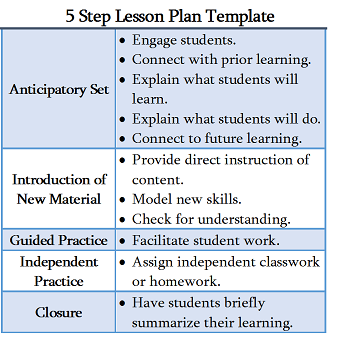
SCHEDULE A DEMO
Formation of social skills of children of senior preschool age in social and personal development in preschool educational institutions
Relevance.
For a number of years we have been living in a situation of reforming the domestic formation, which occurs rather chaotically, since it is difficult to distinguish it fundamental idea. For many years, preschool education in Russia has been focused on ensuring the cognitive development of children. Development at the same time identified with the formation of knowledge, skills and abilities, which led to its explicit simplification (simplification). However, the very purpose of preschool age is not so much in the acquisition of knowledge by the child, but in the formation of the basic properties of his personality: self-esteem and the image of "I", emotional needs sphere, moral values, meanings and attitudes, and also socio-psychological characteristics in the system of relations with others people.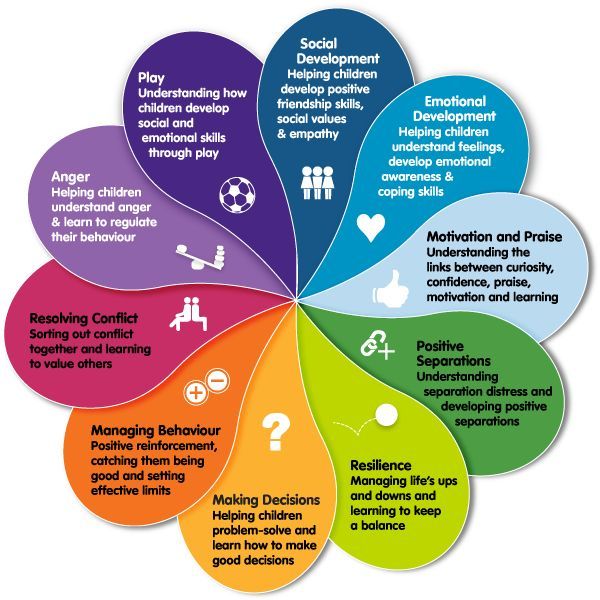
The modern picture of childhood has also undergone various changes over the last two decades: there has been a noticeable change in toys, children's play, psychological and physical status of the child; a new children's literature and “dense” information space. There have been changes in the social environment of the child, which today consists mainly of adults: small families and the absence of yard children's communities leads to a failure in the transfer from one child to another of the components of the children's subculture. Important also the ever-accelerating pace of life for both children and parents. Here are the main characteristics of the new conditions of childhood.
Unfortunately, early childhood education professionals and often parents are not fully aware of the scale of change, are at a loss or in denial the right to the existence of new phenomena of childhood.
Teachers of preschool institutions do not yet fully understand the importance of successful socialization of children to preserve their mental and social health.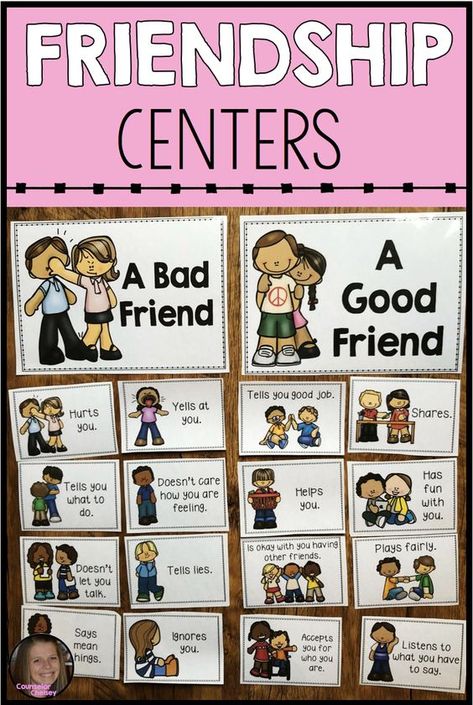 Although adults are increasingly concerned about such problems of socialization of children as non-constructive behavior, problems of their communication with adults and with each other.
Although adults are increasingly concerned about such problems of socialization of children as non-constructive behavior, problems of their communication with adults and with each other.
There are various opportunities for the socialization of the child: media, family, child garden. The family today is losing its potential, losing culture in maintaining the game, communication with peers and so on. The system of preschool education is an institution that responds to the challenge of destroying the socio-cultural situation of development child, holding game forms of activity, which are very important for his development. Therefore, a modern preschool educational institution should become a place where the child will have the opportunity of a wide socio-practical independent contact with the most significant and close ones for its development areas of life.
Accumulation by a child under the guidance of an adult of valuable social experience and the development of his social skills is the way that contributes, firstly, revealing the age potential of a preschooler and, secondly, the successful entry into adulthood.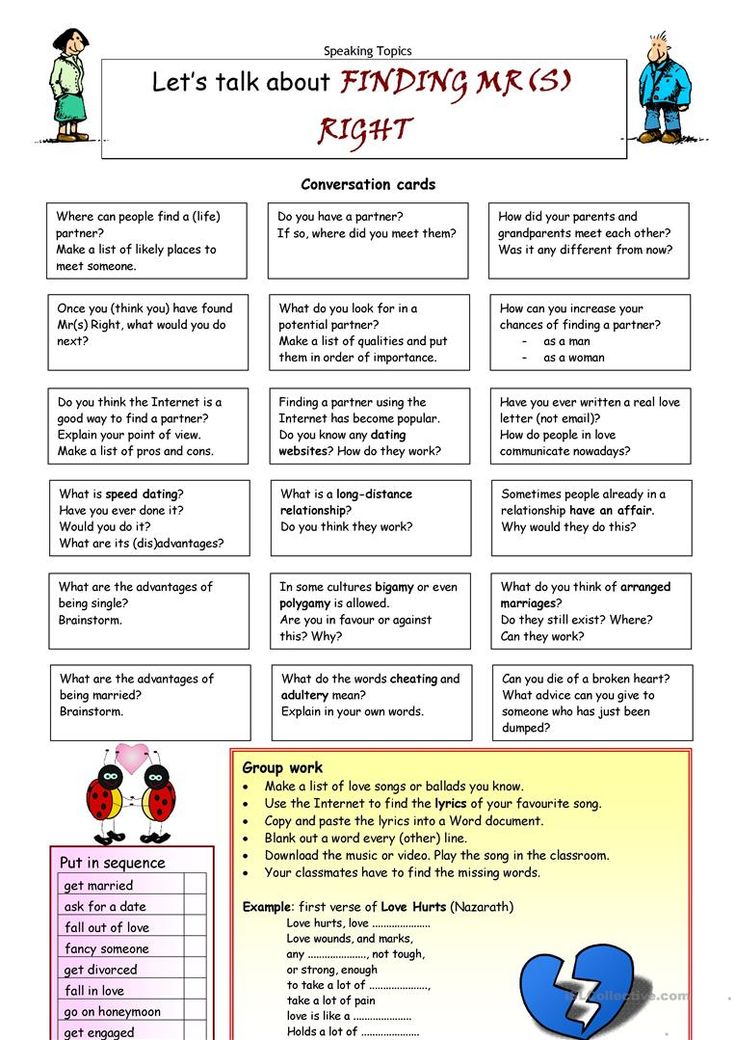 The modern world is so arranged that one of the conditions for success is the ability to work productively in a team, to find ways interaction and understanding with people. From which it follows that the age potential cannot be realized in the absence of social maturity (competence) of the child at a certain stage of his development.
The modern world is so arranged that one of the conditions for success is the ability to work productively in a team, to find ways interaction and understanding with people. From which it follows that the age potential cannot be realized in the absence of social maturity (competence) of the child at a certain stage of his development.
In its most general form, social competence can be represented as understanding of the relations I” - “society, the ability to choose the right social guidelines and organize your activities in accordance with these guidelines or as social skills that allow a person to adequately fulfill the norms and rules of life in society.
And our task is to correctly and skillfully help him acquire social competence, the essence of which is the formation of social skills .
But there is a contradiction between the social need to form social competence in a child, starting from early childhood and insufficient development of organizational, content and methodological aspects successful solution of this issue in preschool institutions, which led to search for ways to solve the problem under study within the framework of the project.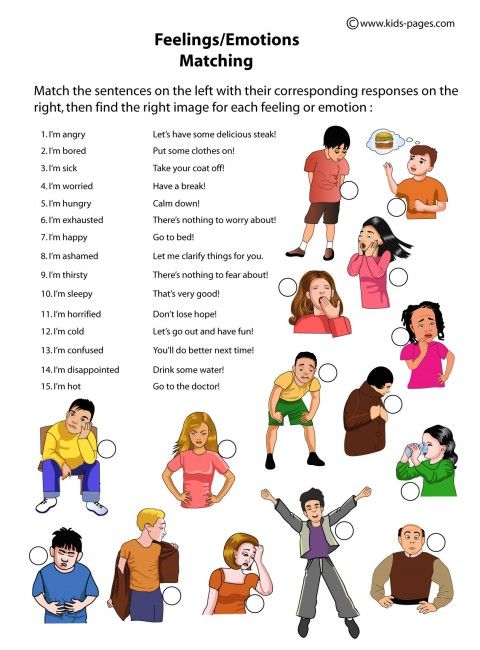 Essence of the project was to identify pedagogical means and forms of organization of activities preschool educational institution for the formation of social child competence - preschooler.
Essence of the project was to identify pedagogical means and forms of organization of activities preschool educational institution for the formation of social child competence - preschooler.
It is appropriate to quote here the words of the director of the Federal Development Institute education, head of the working group on the development of new standards Alexandra Asmolova: “What should kindergarten give first of all? Allow normal culturally appropriate and knowledge-intensive organization of the process of socialization of the child on different stages of preschool age.
At the stage of preschool childhood, the effectiveness of social and personal development during largely determined by the formation of preschool children's social skills that enable them to succeed in children's daily activities and gain recognition in the community of peers. That is why the subject of special the concern of preschool teachers is the organization of the educational process, providing for the mastery of preschool children with elementary social skills through a variety of play activities, contributing to the development in preschoolers of the value qualities of the personality and focused on establishing harmonious relationships between peers.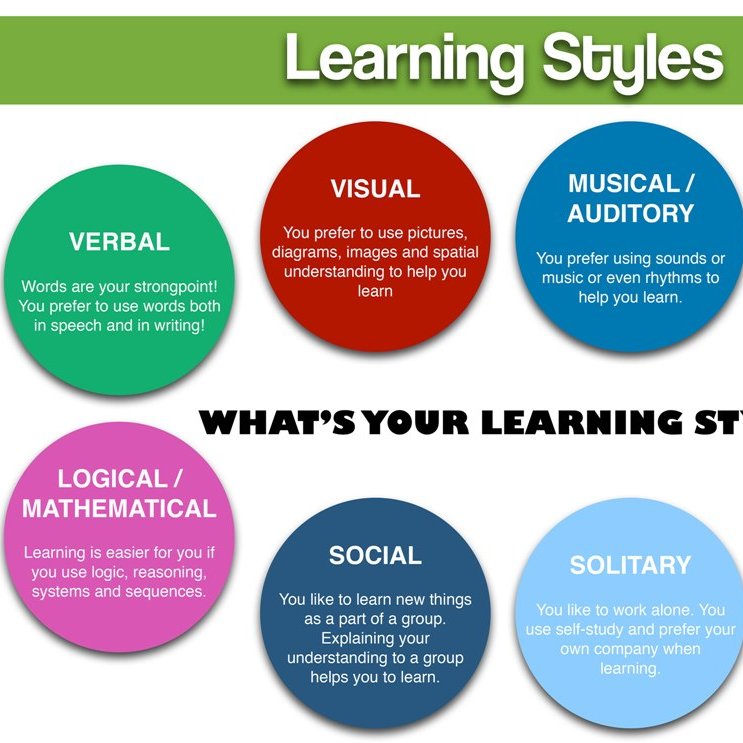
The theme of the project is “Formation of social skills of preschool children in the process of social and personal development in a preschool educational institution” fully reflects current trends in the modern system of preschool education and orients teachers to develop new content and implement it in educational activity for preschool children game activity resources as optimal conditions for effective social and personal development of preschoolers.
Theoretical substantiation of the project “Formation of children's social skills senior preschool age in the process of social and personal development”.
Social skills is a broad concept that is usually covers any skill or behavior that affects other people or influencing other people. Considering social skills such a point of view, it becomes clear how great a value can to have their inferior development.
Already at the stage of preschool age, children begin to realize that “it is good and what is bad.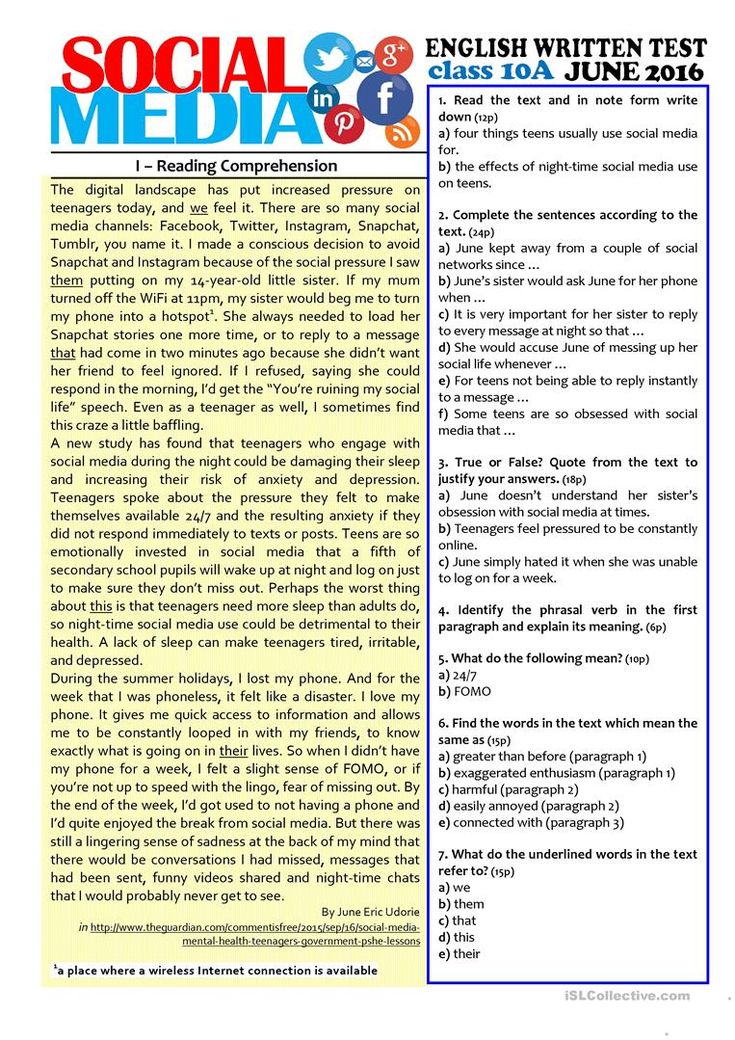 Children understand that society has rules and regulations regulating the behavior of others. Gradually they develop the ability observe simple rules and regulations and demonstrate mastery of elementary social skills in specific children's activities, such as through adults as well as on their own. Organization of the educational process the formation of social skills in children is carried out successfully if the resources of children's activities available to the age of preschoolers are used, and, primarily gaming .
Children understand that society has rules and regulations regulating the behavior of others. Gradually they develop the ability observe simple rules and regulations and demonstrate mastery of elementary social skills in specific children's activities, such as through adults as well as on their own. Organization of the educational process the formation of social skills in children is carried out successfully if the resources of children's activities available to the age of preschoolers are used, and, primarily gaming .
It is well known that play is the leading activity of a child preschool age. It is in the process of playing activity that preschoolers gain initial experience in performing elementary game actions accepting and fulfilling a socially oriented game role, demonstrate developed social skills.
As elementary social skills of preschool children, we viewed:
- the skill of establishing contacts with peers and the ability to maintain them;
- the ability to take part in collective affairs, to accept and provide assistance;
- the ability to coordinate and coordinate their actions and opinions with the actions and opinions of peers.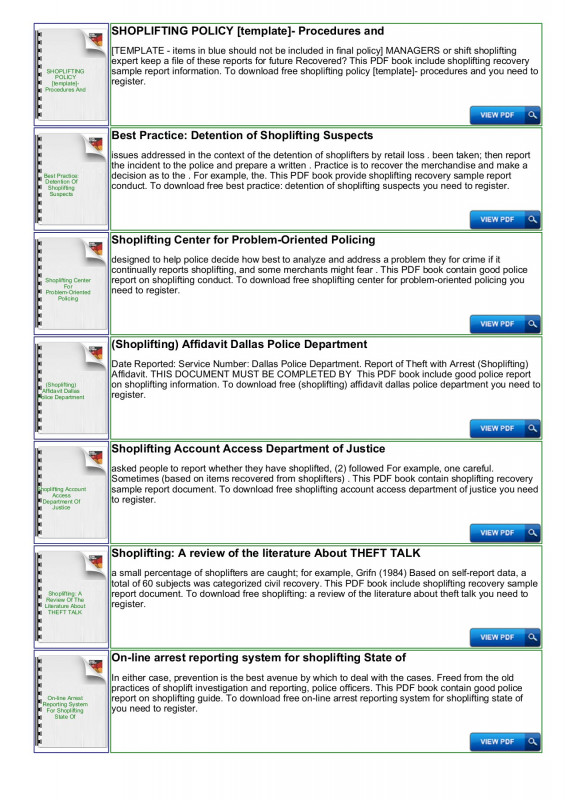
- the ability to negotiate with peers in a conflict situation.
The role of play in the formation of social skills in preschool children.
The socio-cultural situation reflected in the game creates favorable conditions for the formation of elementary social skills in preschool children defining a common goal, planning a sequence of actions, selecting the necessary means and the choice of ways to achieve the result. Thanks to gaming situations that arise in the game, the child gradually under favorable conditions skills of obedience to game settings and rules are formed, he is accustomed understand and accept the opinions and actions of other participants in the game, show them skills of benevolent and tolerant behavior. Children gradually begin demonstrate elements and models of social behavior in the game, jointly experience various emotional states, learn to achieve a common result, evaluate yourself and others.
Conditions for the development of cooperation between children are created in various ways children's activity, but the priority of play activity is unconditional, because a variety of game content, the integration of various activities in the game, bright the manifestation of emotions by children allows them to successfully accumulate the experience of cooperation. The nature of the game situation puts the child in a position that requires high the level of formation of his social skills in the choice of methods and forms interaction, coordination of goals, joint planning, distribution roles, achieving a common result.
The nature of the game situation puts the child in a position that requires high the level of formation of his social skills in the choice of methods and forms interaction, coordination of goals, joint planning, distribution roles, achieving a common result.
II. Practical part.
The aim of the project was to create socio-pedagogical, psychological conditions for the formation of social skills in children of senior preschool age in the process of playing activities.
An important condition for the formation of social skills of older preschoolers we saw the development of social partnership between teachers and parents in social and personal direction of work, as well as the integration of the activities of all kindergarten professionals and educators. This is explained by The effectiveness of the acquisition of skills by children depends on the possibility of their transfer to everyday life.
The project was designed to help children through the difficult process of getting into the world of people, to develop the ability to adequately navigate in the social environment, realize the inherent value of one's own personality and other people.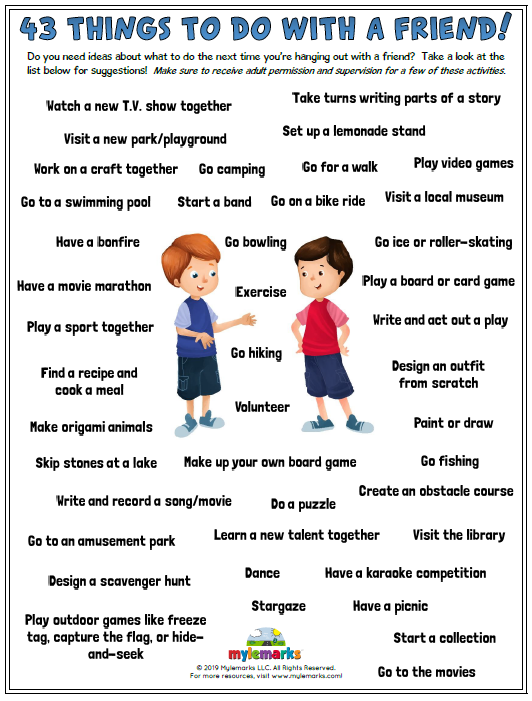
The objectives of the project were:
1. Study and analysis of scientific and methodological literature on the subject of the project.
2. Creation of socio-pedagogical conditions for social development preschoolers.
3. Development of social and personal skills in gaming activities.
4. Interaction with adults on the topic of the project.
2.2. Stages of the project
1. Organizational (May - August 2012).
2. Main - (September - April 2012-2013).
3. Final - (May 2013).
2.3. The content of the project
Organizational stage.
Purpose:
1. Creation of socio-pedagogical, psychological conditions for the formation of social skills in children of senior preschool age in the process social and personal development.
2. Development of a system of classes for the social and personal development of preschoolers.
3. Selection of psychological games, exercises for children in this area work.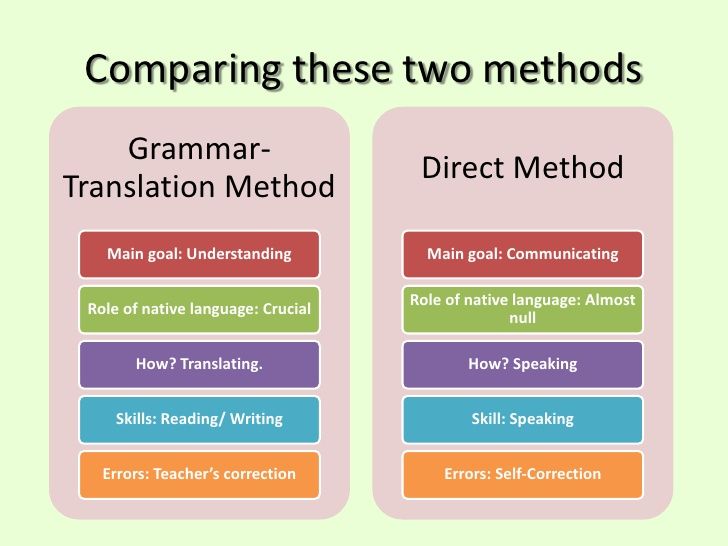
4. Organization of preliminary work with parents and educators.
5. Diagnosis of social skills using the methodology of Dybina O.V., Anfisova S.E., Kuzina A.Yu., presented in the manual “Pedagogical diagnostics competencies of preschoolers” (specifically used the method of diagnosing social and personal competence).
Main stage.
Purpose: the process of forming social and personal skills through
- conducting game trainings with children of the senior group according to the programs: S. Kryukova “Let's live together!” and Kryukova S.V., Slobodyanik N.P. “I am surprised, angry, afraid, boasting and rejoicing.”
- Psychological games and exercises for the development of social skills.
- Consultations for teachers on the topic: “Diagnostics of the formation personal qualities of a preschooler”.
- Carrying out the training “Methods of resolving children's conflicts”.
Tasks of the main stage.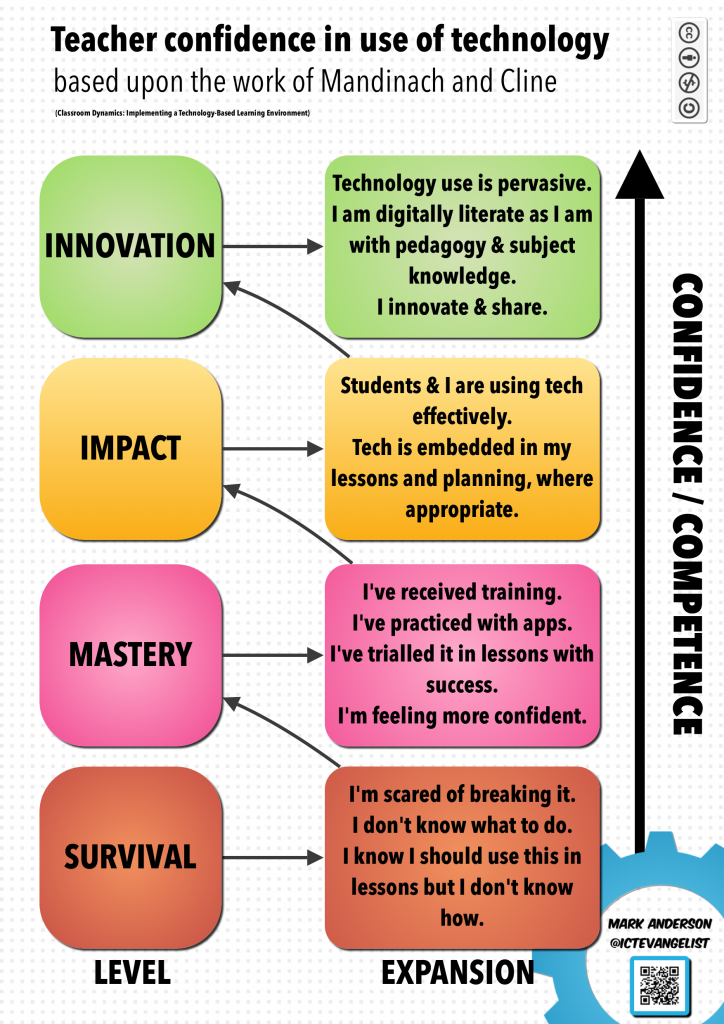
Form:
- The ability to understand the emotional state of a peer, adult and tell about it.
- The ability to obtain the necessary information in communication.
- The ability to listen to another person, respect his opinion, interests.
- Ability to engage in simple dialogue with adults and peers.
- The ability to calmly defend one's opinion.
- The ability to correlate one's desires, aspirations with the interests of other people.
- Ability to take part in collective affairs.
- The ability to treat other people with respect.
- Ability to accept and provide assistance.
- The ability not to quarrel, to react calmly in conflict situations.
The above tasks were implemented through game complex activities , which provides for the integration of content, forms and methods in educational process of formation in preschool children of social skills.
Implementation of the educational activities of a teacher-psychologist with children in the formation of social skills in preschoolers was carried out through game trainings with children of the senior group according to the programs: S. Kryukova “Let's live together!” and Kryukova S.V., Slobodyanik N.P. “I am surprised, angry, afraid, I brag and rejoice."
Kryukova “Let's live together!” and Kryukova S.V., Slobodyanik N.P. “I am surprised, angry, afraid, I brag and rejoice."
The following main methods were used: simulation, communication and role-playing games, psycho-gymnastics, creating problem situations with their playing out, elements of group discussion, methods of self-regulation.
The method of mini-projects was also used, representing a set of actions, culminating in the creation of a creative product. Seemed appropriate associate a mini-project at preschool age with play activities, because in At this age, it is play activity that dominates, and learning takes place in the process of the game. A game situation was proposed as a “problem”, a solution which assumed research creative searches, some kind of interaction. Children needed to be included in the discussion of the project, to distribute efforts for performance, each to coordinate part of his work with the general. The children were learning use the material and equipment, observing the sequence, skill coordinate their interests with the interests of partners, support partners, yield to their desires or prove the validity of your remark.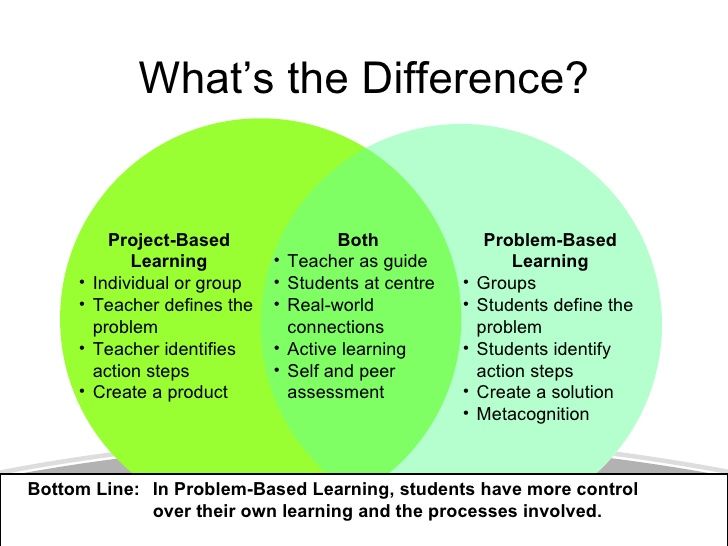
In addition, some psychotherapeutic techniques were used: emotional reaction of negative experiences, withdrawal and reduction social fears, search and playing out a way out of difficult situations.
The development of social skills took place in three stages: acquisition of knowledge, trial applying this knowledge, acquiring stable skills.
Work with educators was structured as follows: in the morning and evening periods of time, complexes of various didactic exercises, entertaining games, story-didactic games and story-role-playing games, walks of a social orientation, which created the conditions for a successful consolidating and improving children's initial social skills in the process of social - personal development. Entertaining game situations round dance games, ecstatic games (from the Greek “admiration”), various artistic activities, expeditions were also used in working with children. When organizing independent activities of preschoolers, teachers provide preschoolers the opportunity to demonstrate the formed social skills in the game, artistic and creative, musical and labor activity, in communication and etc.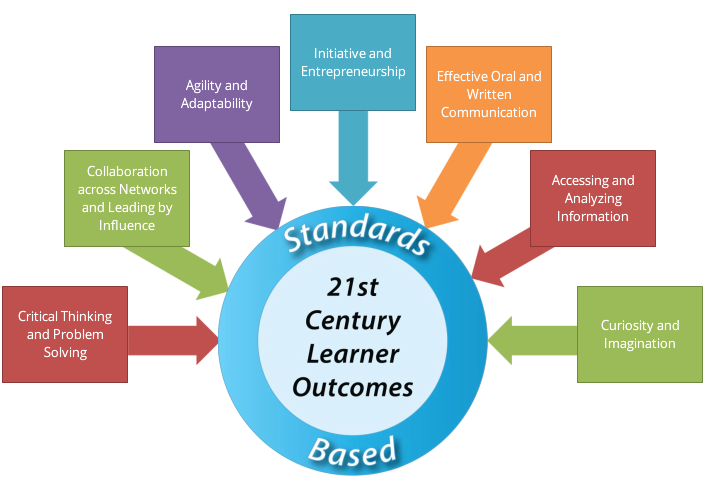
Educators in their work used the following techniques in the game :
- a certain common task, game or connection of one's role with the roles of others participants (its significance for the development of the game). Cultivating the position of a partner in common activities, understanding of their responsibility to a group of participants for the quality of their work, as well as their role in obtaining the overall result.
- Pre-acting by the teacher during the activity anticipated possible situations leading to disruption of the transformation process (“and if…”), with a discussion of appropriate ways of mutual regulation, corresponding social norms .
- Differentiated approach to children, taking into account the degree of their activity in situations of interaction and focus on achieving a common positive result.
To solve the problems raised, a number of conditions were created:
- requiring interaction, joint decisions).
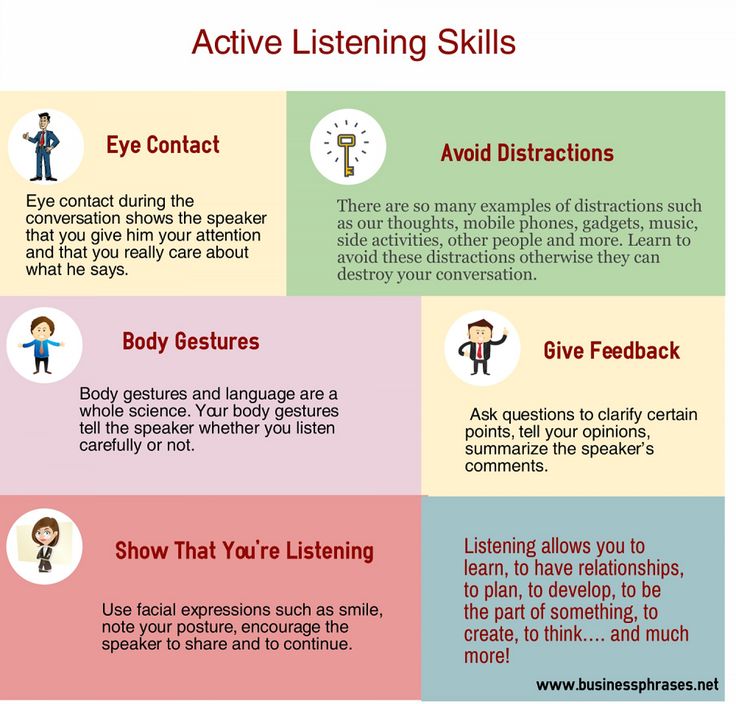
- Systematic organization of activities that objectively require associations of participants; distributing it into a number of component operations, each of which can be evaluated; union of all partial results to the grand total.
- All-round support for the activity of each child in situations interactions between partners, correction of negative manifestations, treatment attention to the importance of each participant's proposals in obtaining quality overall results.
Four blocks of interactive games were used:
- Block of interactive games for cohesion;
- Block of interactive games for teaching effective ways of communication;
- Block of interactive games reflecting the claim to social recognition;
- Block of interactive games aimed at removing conflict.
Consultations were organized for parents “Communicate with the child. How?" and “How to play with a child” in the club “School of a young family”, acquaintance with novelties pedagogical process, parents were invited to a common parent meeting, which emphasized the importance of the formation of social skills as conditions of social and personal readiness for school, a presentation was held programs to develop social skills in group meetings.
Work on the formation of social behavioral skills in preschool children age is impossible without active cooperation with the music director, head of the art studio, physical education instructor.
Mutual visits with children's garden No. 2 Iskorka, an interactive game and a joint children's activities in making work Autumn bouquet, as well as joint physical education leisure. There was also an expedition to the forest “Let's help the forest be clean!”
At the end of the year, the results of the work done were summed up:
1. Children became more sociable, friendly, they learned to set and maintain contacts, avoid conflict situations.
2. Children learned to listen to each other in the classroom, became more organized, disciplined, attentive, observant.
3. Improved communication skills and abilities.
4. The number of negative emotions and conflict situations has decreased.
5. Children learned the ability to negotiate, take turns, listen to the opinion of comrades.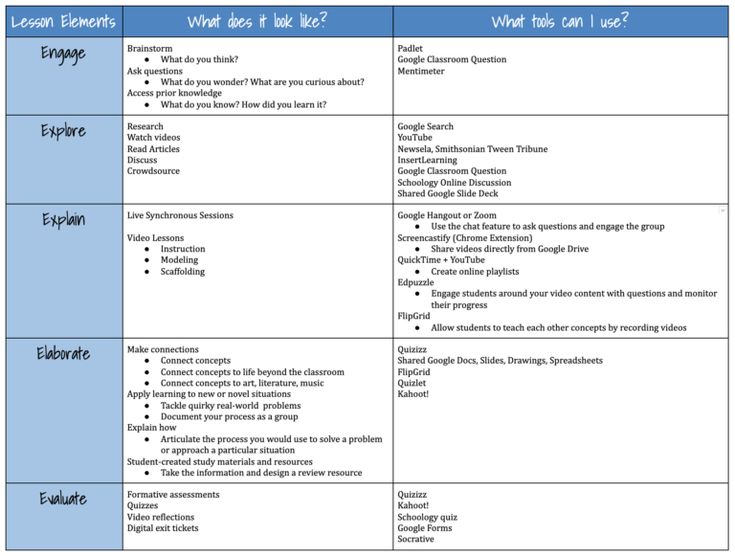
6. Children have become more united.
Conclusion.
The problem of the formation of social and personal skills is relevant and can be successfully be decided in the play activities of children while integrating the interaction of all kindergarten professionals.
Application. Presentation.
References:
- Order of the Ministry of Education and Science of the Russian Federation (Ministry of Education and Science Russia) dated October 17, 2013 N 1155 Moscow On approval of the federal state educational standard of preschool education”..
2. “The formation of social skills in preschool children in the process social and personal development” [Text] / teaching aid under ed. N. Yu. Maidankina . - Ulyanovsk, 2012. - “Pedagogical diagnostics of competencies of preschoolers” [Text] / teaching aid, ed. O. V. Dybina - M., 2010.
- “Pedagogical interaction with kindergarten” [Text] / methodological allowance ed.
 N.V. Miklyaeva . – M. 2013.
N.V. Miklyaeva . – M. 2013. - Source: http://www.iloveaba.com/2012/02/addressing-social-deficits.html
- Source: http://www.zance.ru/docs/2800/index-2111830.html
Psychological and pedagogical conditions for the formation of social skills in young children
%PDF-1.5 % 10 obj > /Metadata 4 0 R >> endobj 5 0 obj /Title >> endobj 20 obj > endobj 3 0 obj > endobj 40 obj > stream
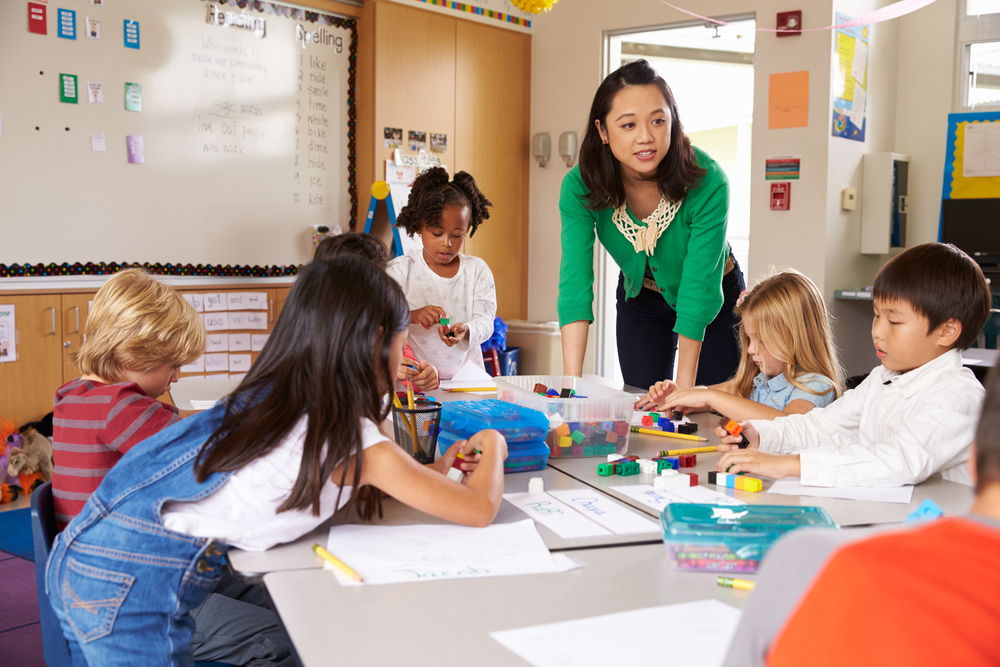 32 841.92] /Contents[133 0 R 134 0 R 135 0 R] /group> /Tabs /S /StructParents 0 /Annots [136 0R] >> endobj 70 obj > /ProcSet [/PDF /Text /ImageB /ImageC /ImageI] >> /Annots [138 0 R 139 0 R 140 0 R 141 0 R 142 0 R 143 0 R 144 0 R 145 0 R 146 0 R 147 0 R 148 0 R 149 0 R 150 0 R 151 0 R 152 0 R 153 0 R 154 0 R 155 0 R] /MediaBox [0 0 595.32 841.92] /Contents 156 0R /group> /Tabs /S /StructParents 1 >> endobj 80 obj > /ProcSet [/PDF /Text /ImageB /ImageC /ImageI] >> /MediaBox[0 0 595.32 841.92] /Contents 157 0R /group> /Tabs /S /StructParents 20 >> endobj 9 0 obj > /ProcSet [/PDF /Text /ImageB /ImageC /ImageI] >> /MediaBox [0 0 595.32 841.92] /Contents 159 0 R /group> /Tabs /S /StructParents 21 >> endobj 10 0 obj > /ProcSet [/PDF /Text /ImageB /ImageC /ImageI] >> /MediaBox [0 0 595.32 841.92] /Contents 160 0R /group> /Tabs /S /StructParents 22 >> endobj 11 0 obj > /ProcSet [/PDF /Text /ImageB /ImageC /ImageI] >> /MediaBox[0 0 595.32 841.92] /Contents 161 0 R /group> /Tabs /S /StructParents 23 >> endobj 12 0 obj > /ProcSet [/PDF /Text /ImageB /ImageC /ImageI] >> /MediaBox [0 0 595.
32 841.92] /Contents[133 0 R 134 0 R 135 0 R] /group> /Tabs /S /StructParents 0 /Annots [136 0R] >> endobj 70 obj > /ProcSet [/PDF /Text /ImageB /ImageC /ImageI] >> /Annots [138 0 R 139 0 R 140 0 R 141 0 R 142 0 R 143 0 R 144 0 R 145 0 R 146 0 R 147 0 R 148 0 R 149 0 R 150 0 R 151 0 R 152 0 R 153 0 R 154 0 R 155 0 R] /MediaBox [0 0 595.32 841.92] /Contents 156 0R /group> /Tabs /S /StructParents 1 >> endobj 80 obj > /ProcSet [/PDF /Text /ImageB /ImageC /ImageI] >> /MediaBox[0 0 595.32 841.92] /Contents 157 0R /group> /Tabs /S /StructParents 20 >> endobj 9 0 obj > /ProcSet [/PDF /Text /ImageB /ImageC /ImageI] >> /MediaBox [0 0 595.32 841.92] /Contents 159 0 R /group> /Tabs /S /StructParents 21 >> endobj 10 0 obj > /ProcSet [/PDF /Text /ImageB /ImageC /ImageI] >> /MediaBox [0 0 595.32 841.92] /Contents 160 0R /group> /Tabs /S /StructParents 22 >> endobj 11 0 obj > /ProcSet [/PDF /Text /ImageB /ImageC /ImageI] >> /MediaBox[0 0 595.32 841.92] /Contents 161 0 R /group> /Tabs /S /StructParents 23 >> endobj 12 0 obj > /ProcSet [/PDF /Text /ImageB /ImageC /ImageI] >> /MediaBox [0 0 595.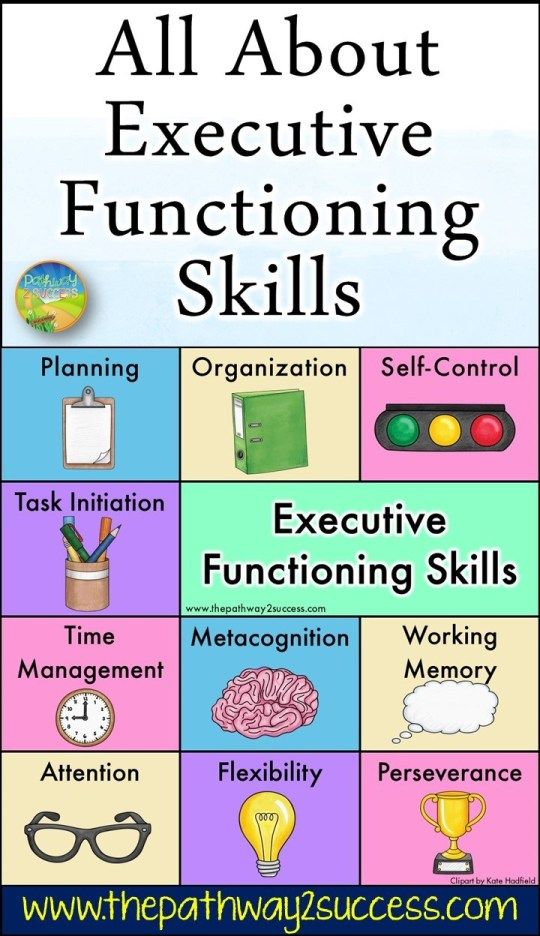 32 841.92] /Contents 162 0 R /group> /Tabs /S /StructParents 24 >> endobj 13 0 obj > /ProcSet [/PDF /Text /ImageB /ImageC /ImageI] >> /MediaBox [0 0 595.32 841.92] /Contents 163 0 R /group> /Tabs /S /StructParents 25 >> endobj 14 0 obj > /ProcSet [/PDF /Text /ImageB /ImageC /ImageI] >> /MediaBox[0 0 595.32 841.92] /Contents 164 0 R /group> /Tabs /S /StructParents 26 >> endobj 15 0 obj > /ProcSet [/PDF /Text /ImageB /ImageC /ImageI] >> /MediaBox [0 0 595.32 841.92] /Contents 165 0 R /group> /Tabs /S /StructParents 27 >> endobj 16 0 obj > /ProcSet [/PDF /Text /ImageB /ImageC /ImageI] >> /MediaBox [0 0 595.32 841.92] /Contents 166 0 R /group> /Tabs /S /StructParents 28 >> endobj 17 0 obj > /ProcSet [/PDF /Text /ImageB /ImageC /ImageI] >> /MediaBox[0 0 595.32 841.92] /Contents 167 0 R /group> /Tabs /S /StructParents 29 >> endobj 18 0 obj > /ProcSet [/PDF /Text /ImageB /ImageC /ImageI] >> /MediaBox [0 0 595.32 841.92] /Contents 168 0 R /group> /Tabs /S /StructParents 30 >> endobj 19 0 obj > /ProcSet [/PDF /Text /ImageB /ImageC /ImageI] >> /MediaBox [0 0 595.
32 841.92] /Contents 162 0 R /group> /Tabs /S /StructParents 24 >> endobj 13 0 obj > /ProcSet [/PDF /Text /ImageB /ImageC /ImageI] >> /MediaBox [0 0 595.32 841.92] /Contents 163 0 R /group> /Tabs /S /StructParents 25 >> endobj 14 0 obj > /ProcSet [/PDF /Text /ImageB /ImageC /ImageI] >> /MediaBox[0 0 595.32 841.92] /Contents 164 0 R /group> /Tabs /S /StructParents 26 >> endobj 15 0 obj > /ProcSet [/PDF /Text /ImageB /ImageC /ImageI] >> /MediaBox [0 0 595.32 841.92] /Contents 165 0 R /group> /Tabs /S /StructParents 27 >> endobj 16 0 obj > /ProcSet [/PDF /Text /ImageB /ImageC /ImageI] >> /MediaBox [0 0 595.32 841.92] /Contents 166 0 R /group> /Tabs /S /StructParents 28 >> endobj 17 0 obj > /ProcSet [/PDF /Text /ImageB /ImageC /ImageI] >> /MediaBox[0 0 595.32 841.92] /Contents 167 0 R /group> /Tabs /S /StructParents 29 >> endobj 18 0 obj > /ProcSet [/PDF /Text /ImageB /ImageC /ImageI] >> /MediaBox [0 0 595.32 841.92] /Contents 168 0 R /group> /Tabs /S /StructParents 30 >> endobj 19 0 obj > /ProcSet [/PDF /Text /ImageB /ImageC /ImageI] >> /MediaBox [0 0 595. 32 841.92] /Contents 169 0 R /group> /Tabs /S /StructParents 31 >> endobj 20 0 obj > /ProcSet [/PDF /Text /ImageB /ImageC /ImageI] >> /MediaBox[0 0 595.32 841.92] /Contents 171 0R /group> /Tabs /S /StructParents 32 >> endobj 21 0 obj > /ProcSet [/PDF /Text /ImageB /ImageC /ImageI] >> /MediaBox [0 0 595.32 841.92] /Contents 172 0R /group> /Tabs /S /StructParents 33 >> endobj 22 0 obj > /ProcSet [/PDF /Text /ImageB /ImageC /ImageI] >> /MediaBox [0 0 595.32 841.92] /Contents 173 0R /group> /Tabs /S /StructParents 34 >> endobj 23 0 obj > /ProcSet [/PDF /Text /ImageB /ImageC /ImageI] >> /MediaBox[0 0 595.32 841.92] /Contents 174 0 R /group> /Tabs /S /StructParents 35 >> endobj 24 0 obj > /ProcSet [/PDF /Text /ImageB /ImageC /ImageI] >> /MediaBox [0 0 595.32 841.92] /Contents 175 0 R /group> /Tabs /S /StructParents 36 >> endobj 25 0 obj > /ProcSet [/PDF /Text /ImageB /ImageC /ImageI] >> /MediaBox [0 0 595.32 841.92] /Contents 176 0 R /group> /Tabs /S /StructParents 37 >> endobj 26 0 obj > /ProcSet [/PDF /Text /ImageB /ImageC /ImageI] >> /MediaBox[0 0 595.
32 841.92] /Contents 169 0 R /group> /Tabs /S /StructParents 31 >> endobj 20 0 obj > /ProcSet [/PDF /Text /ImageB /ImageC /ImageI] >> /MediaBox[0 0 595.32 841.92] /Contents 171 0R /group> /Tabs /S /StructParents 32 >> endobj 21 0 obj > /ProcSet [/PDF /Text /ImageB /ImageC /ImageI] >> /MediaBox [0 0 595.32 841.92] /Contents 172 0R /group> /Tabs /S /StructParents 33 >> endobj 22 0 obj > /ProcSet [/PDF /Text /ImageB /ImageC /ImageI] >> /MediaBox [0 0 595.32 841.92] /Contents 173 0R /group> /Tabs /S /StructParents 34 >> endobj 23 0 obj > /ProcSet [/PDF /Text /ImageB /ImageC /ImageI] >> /MediaBox[0 0 595.32 841.92] /Contents 174 0 R /group> /Tabs /S /StructParents 35 >> endobj 24 0 obj > /ProcSet [/PDF /Text /ImageB /ImageC /ImageI] >> /MediaBox [0 0 595.32 841.92] /Contents 175 0 R /group> /Tabs /S /StructParents 36 >> endobj 25 0 obj > /ProcSet [/PDF /Text /ImageB /ImageC /ImageI] >> /MediaBox [0 0 595.32 841.92] /Contents 176 0 R /group> /Tabs /S /StructParents 37 >> endobj 26 0 obj > /ProcSet [/PDF /Text /ImageB /ImageC /ImageI] >> /MediaBox[0 0 595.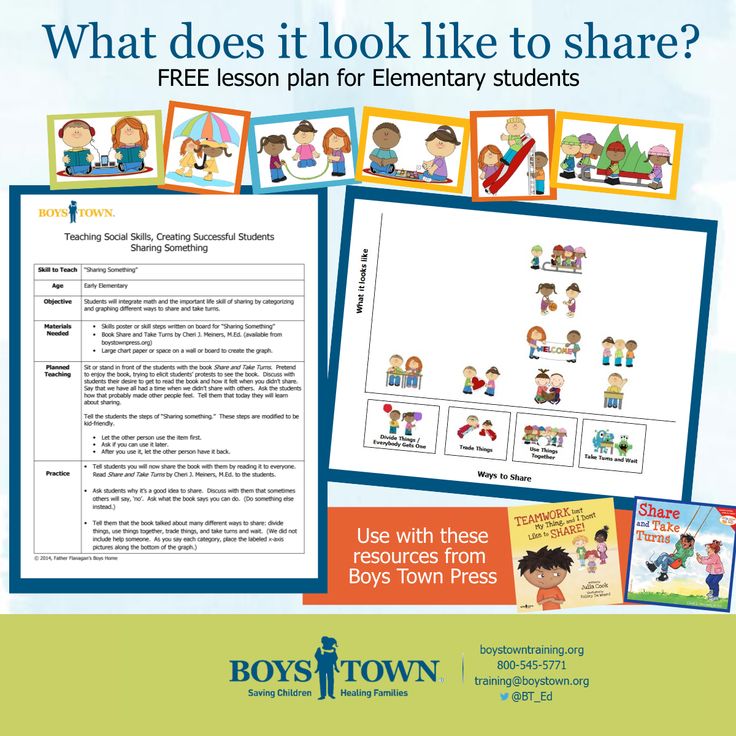 32 841.92] /Contents 177 0 R /group> /Tabs /S /StructParents 38 >> endobj 27 0 obj > /ProcSet [/PDF /Text /ImageB /ImageC /ImageI] >> /MediaBox [0 0 595.32 841.92] /Contents 178 0 R /group> /Tabs /S /StructParents 39 >> endobj 28 0 obj > /ProcSet [/PDF /Text /ImageB /ImageC /ImageI] >> /MediaBox [0 0 595.32 841.92] /Contents 179 0R /group> /Tabs /S /StructParents 40 >> endobj 29 0 obj > /ProcSet [/PDF /Text /ImageB /ImageC /ImageI] >> /MediaBox[0 0 595.32 841.92] /Contents 180 0 R /group> /Tabs /S /StructParents 41 >> endobj 30 0 obj > /ProcSet [/PDF /Text /ImageB /ImageC /ImageI] >> /MediaBox [0 0 595.32 841.92] /Contents 181 0 R /group> /Tabs /S /StructParents 42 >> endobj 31 0 obj > /ProcSet [/PDF /Text /ImageB /ImageC /ImageI] >> /MediaBox [0 0 595.32 841.92] /Contents 182 0 R /group> /Tabs /S /StructParents 43 >> endobj 32 0 obj > /ProcSet [/PDF /Text /ImageB /ImageC /ImageI] >> /MediaBox[0 0 595.32 841.92] /Contents 183 0R /group> /Tabs /S /StructParents 44 >> endobj 33 0 obj > /ProcSet [/PDF /Text /ImageB /ImageC /ImageI] >> /MediaBox [0 0 595.
32 841.92] /Contents 177 0 R /group> /Tabs /S /StructParents 38 >> endobj 27 0 obj > /ProcSet [/PDF /Text /ImageB /ImageC /ImageI] >> /MediaBox [0 0 595.32 841.92] /Contents 178 0 R /group> /Tabs /S /StructParents 39 >> endobj 28 0 obj > /ProcSet [/PDF /Text /ImageB /ImageC /ImageI] >> /MediaBox [0 0 595.32 841.92] /Contents 179 0R /group> /Tabs /S /StructParents 40 >> endobj 29 0 obj > /ProcSet [/PDF /Text /ImageB /ImageC /ImageI] >> /MediaBox[0 0 595.32 841.92] /Contents 180 0 R /group> /Tabs /S /StructParents 41 >> endobj 30 0 obj > /ProcSet [/PDF /Text /ImageB /ImageC /ImageI] >> /MediaBox [0 0 595.32 841.92] /Contents 181 0 R /group> /Tabs /S /StructParents 42 >> endobj 31 0 obj > /ProcSet [/PDF /Text /ImageB /ImageC /ImageI] >> /MediaBox [0 0 595.32 841.92] /Contents 182 0 R /group> /Tabs /S /StructParents 43 >> endobj 32 0 obj > /ProcSet [/PDF /Text /ImageB /ImageC /ImageI] >> /MediaBox[0 0 595.32 841.92] /Contents 183 0R /group> /Tabs /S /StructParents 44 >> endobj 33 0 obj > /ProcSet [/PDF /Text /ImageB /ImageC /ImageI] >> /MediaBox [0 0 595.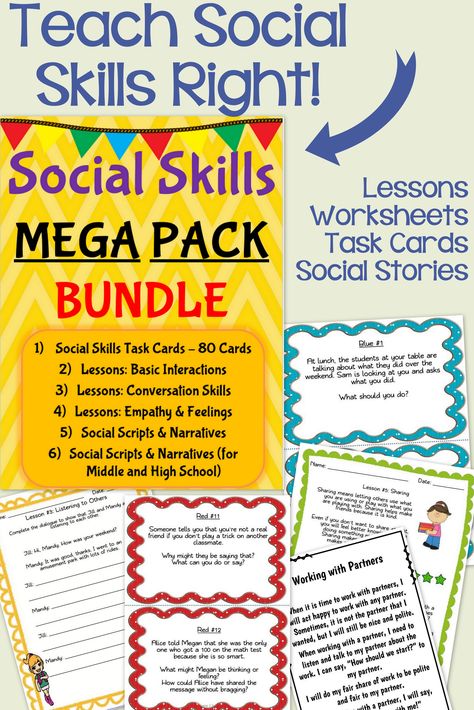 32 841.92] /Contents 184 0 R /group> /Tabs /S /StructParents 45 >> endobj 34 0 obj > /ProcSet [/PDF /Text /ImageB /ImageC /ImageI] >> /MediaBox [0 0 595.32 841.92] /Contents 185 0R /group> /Tabs /S /StructParents 46 >> endobj 35 0 obj > /ProcSet [/PDF /Text /ImageB /ImageC /ImageI] >> /MediaBox[0 0 595.32 841.92] /Contents 186 0 R /group> /Tabs /S /StructParents 47 >> endobj 36 0 obj > /ProcSet [/PDF /Text /ImageB /ImageC /ImageI] >> /MediaBox [0 0 595.32 841.92] /Contents 187 0 R /group> /Tabs /S /StructParents 48 >> endobj 37 0 obj > /ProcSet [/PDF /Text /ImageB /ImageC /ImageI] >> /MediaBox [0 0 595.32 841.92] /Contents 188 0 R /group> /Tabs /S /StructParents 49 >> endobj 38 0 obj > /ProcSet [/PDF /Text /ImageB /ImageC /ImageI] >> /MediaBox[0 0 595.32 841.92] /Contents 189 0 R /group> /Tabs /S /StructParents 50 >> endobj 39 0 obj > /ProcSet [/PDF /Text /ImageB /ImageC /ImageI] >> /MediaBox [0 0 595.32 841.92] /Contents 190 0 R /group> /Tabs /S /StructParents 51 >> endobj 40 0 obj > /ProcSet [/PDF /Text /ImageB /ImageC /ImageI] >> /MediaBox [0 0 595.
32 841.92] /Contents 184 0 R /group> /Tabs /S /StructParents 45 >> endobj 34 0 obj > /ProcSet [/PDF /Text /ImageB /ImageC /ImageI] >> /MediaBox [0 0 595.32 841.92] /Contents 185 0R /group> /Tabs /S /StructParents 46 >> endobj 35 0 obj > /ProcSet [/PDF /Text /ImageB /ImageC /ImageI] >> /MediaBox[0 0 595.32 841.92] /Contents 186 0 R /group> /Tabs /S /StructParents 47 >> endobj 36 0 obj > /ProcSet [/PDF /Text /ImageB /ImageC /ImageI] >> /MediaBox [0 0 595.32 841.92] /Contents 187 0 R /group> /Tabs /S /StructParents 48 >> endobj 37 0 obj > /ProcSet [/PDF /Text /ImageB /ImageC /ImageI] >> /MediaBox [0 0 595.32 841.92] /Contents 188 0 R /group> /Tabs /S /StructParents 49 >> endobj 38 0 obj > /ProcSet [/PDF /Text /ImageB /ImageC /ImageI] >> /MediaBox[0 0 595.32 841.92] /Contents 189 0 R /group> /Tabs /S /StructParents 50 >> endobj 39 0 obj > /ProcSet [/PDF /Text /ImageB /ImageC /ImageI] >> /MediaBox [0 0 595.32 841.92] /Contents 190 0 R /group> /Tabs /S /StructParents 51 >> endobj 40 0 obj > /ProcSet [/PDF /Text /ImageB /ImageC /ImageI] >> /MediaBox [0 0 595.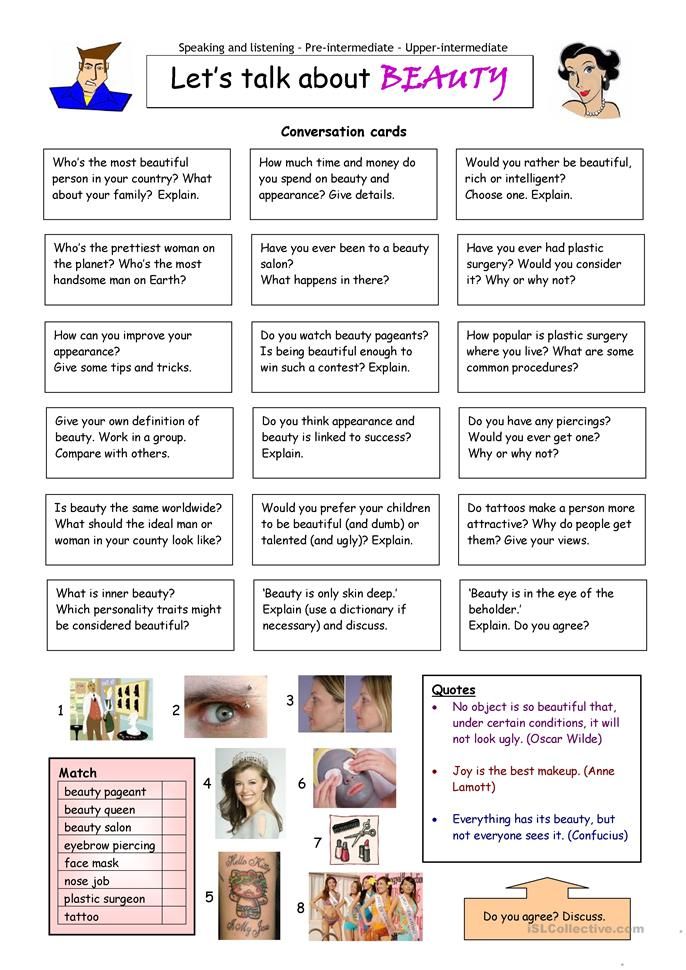 32 841.92] /Contents 191 0 R /group> /Tabs /S /StructParents 52 >> endobj 41 0 obj > /ProcSet [/PDF /Text /ImageB /ImageC /ImageI] >> /MediaBox[0 0 595.32 841.92] /Contents 192 0 R /group> /Tabs /S /StructParents 53 >> endobj 42 0 obj > /XObject> /ProcSet [/PDF /Text /ImageB /ImageC /ImageI] >> /MediaBox [0 0 595.32 841.92] /Contents 194 0 R /group> /Tabs /S /StructParents 54 >> endobj 43 0 obj > /ProcSet [/PDF /Text /ImageB /ImageC /ImageI] >> /MediaBox [0 0 595.32 841.92] /Contents 195 0 R /group> /Tabs /S /StructParents 55 >> endobj 44 0 obj > /XObject> /ProcSet [/PDF /Text /ImageB /ImageC /ImageI] >> /MediaBox[0 0 595.32 841.92] /Contents 197 0R /group> /Tabs /S /StructParents 56 >> endobj 45 0 obj > /ProcSet [/PDF /Text /ImageB /ImageC /ImageI] >> /MediaBox [0 0 595.32 841.92] /Contents 198 0R /group> /Tabs /S /StructParents 57 >> endobj 46 0 obj > /ProcSet [/PDF /Text /ImageB /ImageC /ImageI] >> /MediaBox [0 0 595.32 841.92] /Contents 199 0 R /group> /Tabs /S /StructParents 58 >> endobj 47 0 obj > /ProcSet [/PDF /Text /ImageB /ImageC /ImageI] >> /MediaBox[0 0 595.
32 841.92] /Contents 191 0 R /group> /Tabs /S /StructParents 52 >> endobj 41 0 obj > /ProcSet [/PDF /Text /ImageB /ImageC /ImageI] >> /MediaBox[0 0 595.32 841.92] /Contents 192 0 R /group> /Tabs /S /StructParents 53 >> endobj 42 0 obj > /XObject> /ProcSet [/PDF /Text /ImageB /ImageC /ImageI] >> /MediaBox [0 0 595.32 841.92] /Contents 194 0 R /group> /Tabs /S /StructParents 54 >> endobj 43 0 obj > /ProcSet [/PDF /Text /ImageB /ImageC /ImageI] >> /MediaBox [0 0 595.32 841.92] /Contents 195 0 R /group> /Tabs /S /StructParents 55 >> endobj 44 0 obj > /XObject> /ProcSet [/PDF /Text /ImageB /ImageC /ImageI] >> /MediaBox[0 0 595.32 841.92] /Contents 197 0R /group> /Tabs /S /StructParents 56 >> endobj 45 0 obj > /ProcSet [/PDF /Text /ImageB /ImageC /ImageI] >> /MediaBox [0 0 595.32 841.92] /Contents 198 0R /group> /Tabs /S /StructParents 57 >> endobj 46 0 obj > /ProcSet [/PDF /Text /ImageB /ImageC /ImageI] >> /MediaBox [0 0 595.32 841.92] /Contents 199 0 R /group> /Tabs /S /StructParents 58 >> endobj 47 0 obj > /ProcSet [/PDF /Text /ImageB /ImageC /ImageI] >> /MediaBox[0 0 595.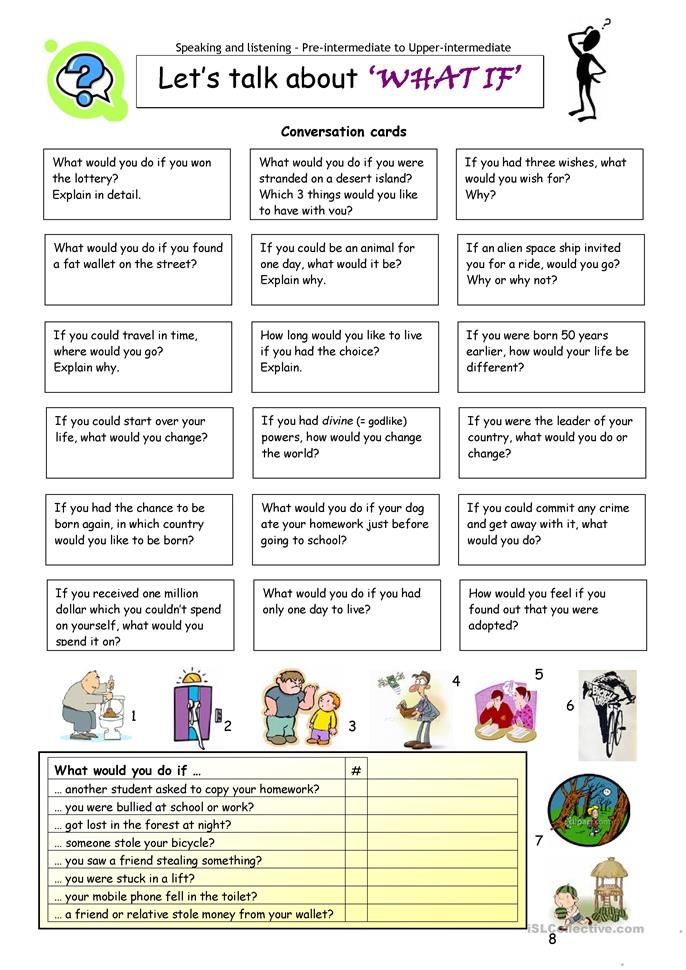 32 841.92] /Contents 200 0R /group> /Tabs /S /StructParents 59 >> endobj 48 0 obj > /ProcSet [/PDF /Text /ImageB /ImageC /ImageI] >> /MediaBox [0 0 595.32 841.92] /Contents 202 0 R /group> /Tabs /S /StructParents 60 >> endobj 49 0 obj > /ProcSet [/PDF /Text /ImageB /ImageC /ImageI] >> /MediaBox [0 0 595.32 841.92] /Contents 203 0R /group> /Tabs /S /StructParents 61 >> endobj 50 0 obj > /ProcSet [/PDF /Text /ImageB /ImageC /ImageI] >> /MediaBox[0 0 595.32 841.92] /Contents 204 0 R /group> /Tabs /S /StructParents 62 >> endobj 51 0 obj > /ProcSet [/PDF /Text /ImageB /ImageC /ImageI] >> /MediaBox [0 0 595.32 841.92] /Contents 205 0 R /group> /Tabs /S /StructParents 63 >> endobj 52 0 obj > /ProcSet [/PDF /Text /ImageB /ImageC /ImageI] >> /MediaBox [0 0 595.32 841.92] /Contents 206 0 R /group> /Tabs /S /StructParents 64 >> endobj 53 0 obj > /ProcSet [/PDF /Text /ImageB /ImageC /ImageI] >> /MediaBox[0 0 595.32 841.92] /Contents 207 0 R /group> /Tabs /S /StructParents 65 >> endobj 54 0 obj > /ProcSet [/PDF /Text /ImageB /ImageC /ImageI] >> /MediaBox [0 0 595.
32 841.92] /Contents 200 0R /group> /Tabs /S /StructParents 59 >> endobj 48 0 obj > /ProcSet [/PDF /Text /ImageB /ImageC /ImageI] >> /MediaBox [0 0 595.32 841.92] /Contents 202 0 R /group> /Tabs /S /StructParents 60 >> endobj 49 0 obj > /ProcSet [/PDF /Text /ImageB /ImageC /ImageI] >> /MediaBox [0 0 595.32 841.92] /Contents 203 0R /group> /Tabs /S /StructParents 61 >> endobj 50 0 obj > /ProcSet [/PDF /Text /ImageB /ImageC /ImageI] >> /MediaBox[0 0 595.32 841.92] /Contents 204 0 R /group> /Tabs /S /StructParents 62 >> endobj 51 0 obj > /ProcSet [/PDF /Text /ImageB /ImageC /ImageI] >> /MediaBox [0 0 595.32 841.92] /Contents 205 0 R /group> /Tabs /S /StructParents 63 >> endobj 52 0 obj > /ProcSet [/PDF /Text /ImageB /ImageC /ImageI] >> /MediaBox [0 0 595.32 841.92] /Contents 206 0 R /group> /Tabs /S /StructParents 64 >> endobj 53 0 obj > /ProcSet [/PDF /Text /ImageB /ImageC /ImageI] >> /MediaBox[0 0 595.32 841.92] /Contents 207 0 R /group> /Tabs /S /StructParents 65 >> endobj 54 0 obj > /ProcSet [/PDF /Text /ImageB /ImageC /ImageI] >> /MediaBox [0 0 595.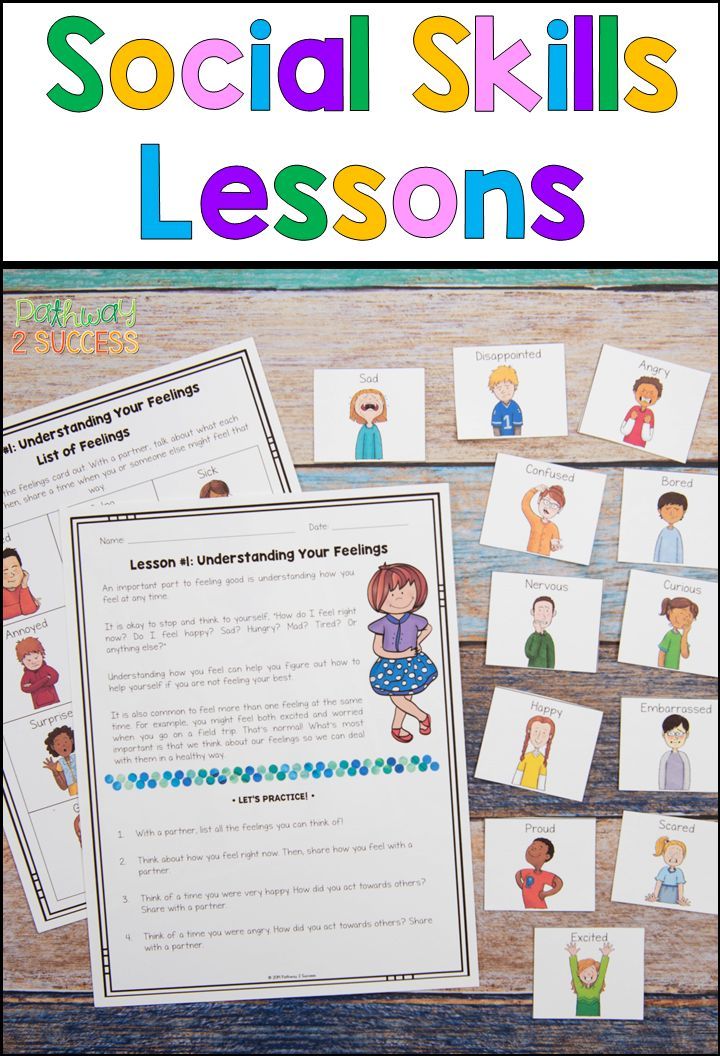 32 841.92] /Contents 208 0 R /group> /Tabs /S /StructParents 66 >> endobj 55 0 obj > /ProcSet [/PDF /Text /ImageB /ImageC /ImageI] >> /MediaBox [0 0 595.32 841.92] /Contents 209 0 R /group> /Tabs /S /StructParents 67 >> endobj 56 0 obj > /XObject> /ProcSet [/PDF /Text /ImageB /ImageC /ImageI] >> /MediaBox[0 0 595.32 841.92] /Contents 211 0 R /group> /Tabs /S /StructParents 68 >> endobj 57 0 obj > /XObject> /ProcSet [/PDF /Text /ImageB /ImageC /ImageI] >> /MediaBox [0 0 595.32 841.92] /Contents 213 0 R /group> /Tabs /S /StructParents 69 >> endobj 58 0 obj > /XObject> /ProcSet [/PDF /Text /ImageB /ImageC /ImageI] >> /MediaBox [0 0 595.32 841.92] /Contents 215 0 R /group> /Tabs /S /StructParents 70 >> endobj 59 0 obj > /ProcSet [/PDF /Text /ImageB /ImageC /ImageI] >> /MediaBox[0 0 595.32 841.92] /Contents 216 0 R /group> /Tabs /S /StructParents 71 >> endobj 60 0 obj > /ProcSet [/PDF /Text /ImageB /ImageC /ImageI] >> /MediaBox [0 0 595.32 841.92] /Contents 217 0 R /group> /Tabs /S /StructParents 72 >> endobj 61 0 obj > /ProcSet [/PDF /Text /ImageB /ImageC /ImageI] >> /MediaBox [0 0 595.
32 841.92] /Contents 208 0 R /group> /Tabs /S /StructParents 66 >> endobj 55 0 obj > /ProcSet [/PDF /Text /ImageB /ImageC /ImageI] >> /MediaBox [0 0 595.32 841.92] /Contents 209 0 R /group> /Tabs /S /StructParents 67 >> endobj 56 0 obj > /XObject> /ProcSet [/PDF /Text /ImageB /ImageC /ImageI] >> /MediaBox[0 0 595.32 841.92] /Contents 211 0 R /group> /Tabs /S /StructParents 68 >> endobj 57 0 obj > /XObject> /ProcSet [/PDF /Text /ImageB /ImageC /ImageI] >> /MediaBox [0 0 595.32 841.92] /Contents 213 0 R /group> /Tabs /S /StructParents 69 >> endobj 58 0 obj > /XObject> /ProcSet [/PDF /Text /ImageB /ImageC /ImageI] >> /MediaBox [0 0 595.32 841.92] /Contents 215 0 R /group> /Tabs /S /StructParents 70 >> endobj 59 0 obj > /ProcSet [/PDF /Text /ImageB /ImageC /ImageI] >> /MediaBox[0 0 595.32 841.92] /Contents 216 0 R /group> /Tabs /S /StructParents 71 >> endobj 60 0 obj > /ProcSet [/PDF /Text /ImageB /ImageC /ImageI] >> /MediaBox [0 0 595.32 841.92] /Contents 217 0 R /group> /Tabs /S /StructParents 72 >> endobj 61 0 obj > /ProcSet [/PDF /Text /ImageB /ImageC /ImageI] >> /MediaBox [0 0 595.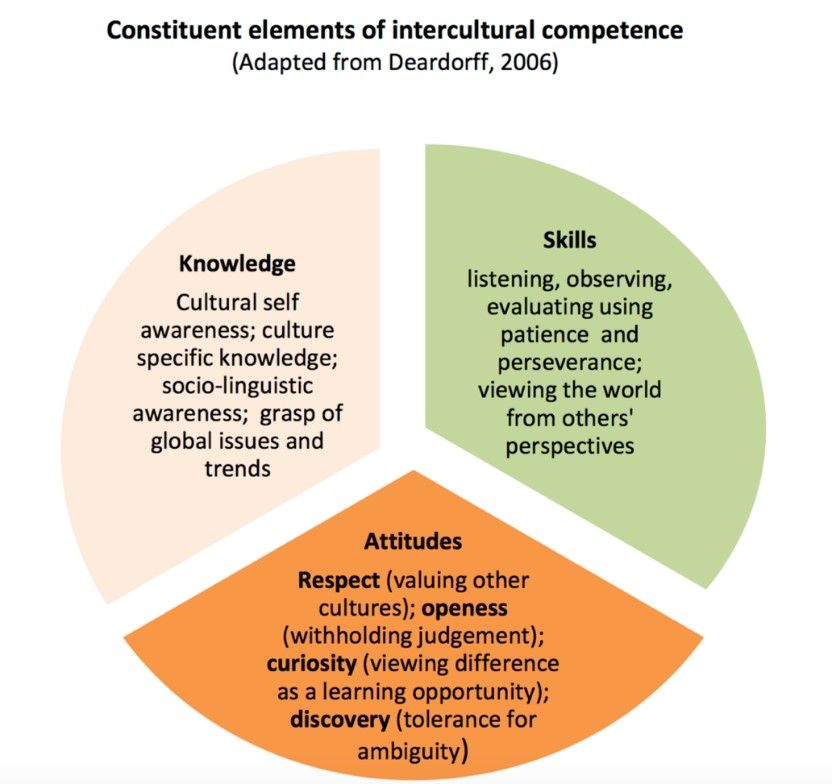 32 841.92] /Contents 218 0 R /group> /Tabs /S /StructParents 73 >> endobj 62 0 obj > /ProcSet [/PDF /Text /ImageB /ImageC /ImageI] >> /MediaBox[0 0 595.32 841.92] /Contents 219 0 R /group> /Tabs /S /StructParents 74 >> endobj 63 0 obj > /ProcSet [/PDF /Text /ImageB /ImageC /ImageI] >> /MediaBox [0 0 595.32 841.92] /Contents 220 0 R /group> /Tabs /S /StructParents 75 >> endobj 64 0 obj > /ProcSet [/PDF /Text /ImageB /ImageC /ImageI] >> /MediaBox [0 0 595.32 841.92] /Contents 222 0 R /group> /Tabs /S /StructParents 76 >> endobj 65 0 obj > /ProcSet [/PDF /Text /ImageB /ImageC /ImageI] >> /MediaBox[0 0 595.32 841.92] /Contents 223 0 R /group> /Tabs /S /StructParents 77 >> endobj 66 0 obj > /ProcSet [/PDF /Text /ImageB /ImageC /ImageI] >> /MediaBox [0 0 595.32 841.92] /Contents 224 0 R /group> /Tabs /S /StructParents 78 >> endobj 67 0 obj > /ProcSet [/PDF /Text /ImageB /ImageC /ImageI] >> /MediaBox [0 0 595.32 841.92] /Contents 225 0 R /group> /Tabs /S /StructParents 79 >> endobj 68 0 obj > /ProcSet [/PDF /Text /ImageB /ImageC /ImageI] >> /MediaBox[0 0 595.
32 841.92] /Contents 218 0 R /group> /Tabs /S /StructParents 73 >> endobj 62 0 obj > /ProcSet [/PDF /Text /ImageB /ImageC /ImageI] >> /MediaBox[0 0 595.32 841.92] /Contents 219 0 R /group> /Tabs /S /StructParents 74 >> endobj 63 0 obj > /ProcSet [/PDF /Text /ImageB /ImageC /ImageI] >> /MediaBox [0 0 595.32 841.92] /Contents 220 0 R /group> /Tabs /S /StructParents 75 >> endobj 64 0 obj > /ProcSet [/PDF /Text /ImageB /ImageC /ImageI] >> /MediaBox [0 0 595.32 841.92] /Contents 222 0 R /group> /Tabs /S /StructParents 76 >> endobj 65 0 obj > /ProcSet [/PDF /Text /ImageB /ImageC /ImageI] >> /MediaBox[0 0 595.32 841.92] /Contents 223 0 R /group> /Tabs /S /StructParents 77 >> endobj 66 0 obj > /ProcSet [/PDF /Text /ImageB /ImageC /ImageI] >> /MediaBox [0 0 595.32 841.92] /Contents 224 0 R /group> /Tabs /S /StructParents 78 >> endobj 67 0 obj > /ProcSet [/PDF /Text /ImageB /ImageC /ImageI] >> /MediaBox [0 0 595.32 841.92] /Contents 225 0 R /group> /Tabs /S /StructParents 79 >> endobj 68 0 obj > /ProcSet [/PDF /Text /ImageB /ImageC /ImageI] >> /MediaBox[0 0 595.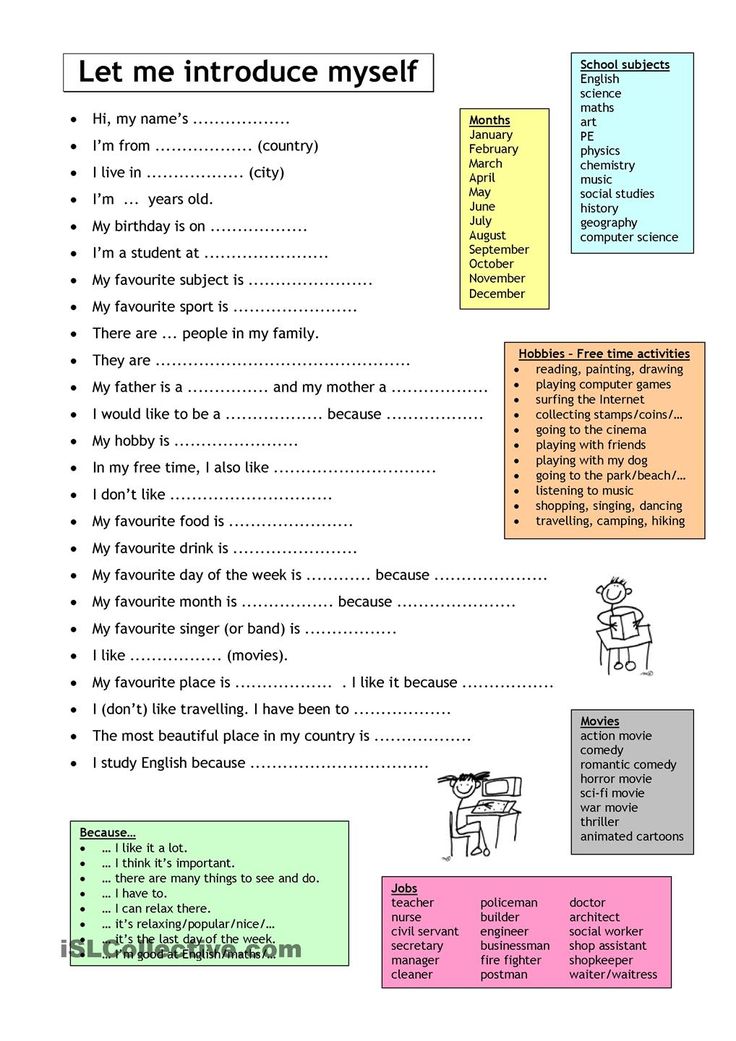 32 841.92] /Contents 226 0 R /group> /Tabs /S /StructParents 80 >> endobj 69 0 obj > /ProcSet [/PDF /Text /ImageB /ImageC /ImageI] >> /MediaBox [0 0 595.32 841.92] /Contents 227 0 R /group> /Tabs /S /StructParents 81 >> endobj 70 0 obj > /ProcSet [/PDF /Text /ImageB /ImageC /ImageI] >> /MediaBox [0 0 595.32 841.92] /Contents 228 0 R /group> /Tabs /S /StructParents 82 >> endobj 71 0 obj > /ProcSet [/PDF /Text /ImageB /ImageC /ImageI] >> /MediaBox[0 0 841.92 595.32] /Contents 229 0 R /group> /Tabs /S /StructParents 83 >> endobj 72 0 obj > /ProcSet [/PDF /Text /ImageB /ImageC /ImageI] >> /MediaBox [0 0 841.92 595.32] /Contents 230 0 R /group> /Tabs /S /StructParents 84 >> endobj 73 0 obj > /ProcSet [/PDF /Text /ImageB /ImageC /ImageI] >> /MediaBox [0 0 841.92 595.32] /Contents 231 0 R /group> /Tabs /S /StructParents 85 >> endobj 74 0 obj > /ProcSet [/PDF /Text /ImageB /ImageC /ImageI] >> /MediaBox[0 0 841.92 595.32] /Contents 232 0 R /group> /Tabs /S /StructParents 86 >> endobj 75 0 obj > /ProcSet [/PDF /Text /ImageB /ImageC /ImageI] >> /MediaBox [0 0 595.
32 841.92] /Contents 226 0 R /group> /Tabs /S /StructParents 80 >> endobj 69 0 obj > /ProcSet [/PDF /Text /ImageB /ImageC /ImageI] >> /MediaBox [0 0 595.32 841.92] /Contents 227 0 R /group> /Tabs /S /StructParents 81 >> endobj 70 0 obj > /ProcSet [/PDF /Text /ImageB /ImageC /ImageI] >> /MediaBox [0 0 595.32 841.92] /Contents 228 0 R /group> /Tabs /S /StructParents 82 >> endobj 71 0 obj > /ProcSet [/PDF /Text /ImageB /ImageC /ImageI] >> /MediaBox[0 0 841.92 595.32] /Contents 229 0 R /group> /Tabs /S /StructParents 83 >> endobj 72 0 obj > /ProcSet [/PDF /Text /ImageB /ImageC /ImageI] >> /MediaBox [0 0 841.92 595.32] /Contents 230 0 R /group> /Tabs /S /StructParents 84 >> endobj 73 0 obj > /ProcSet [/PDF /Text /ImageB /ImageC /ImageI] >> /MediaBox [0 0 841.92 595.32] /Contents 231 0 R /group> /Tabs /S /StructParents 85 >> endobj 74 0 obj > /ProcSet [/PDF /Text /ImageB /ImageC /ImageI] >> /MediaBox[0 0 841.92 595.32] /Contents 232 0 R /group> /Tabs /S /StructParents 86 >> endobj 75 0 obj > /ProcSet [/PDF /Text /ImageB /ImageC /ImageI] >> /MediaBox [0 0 595.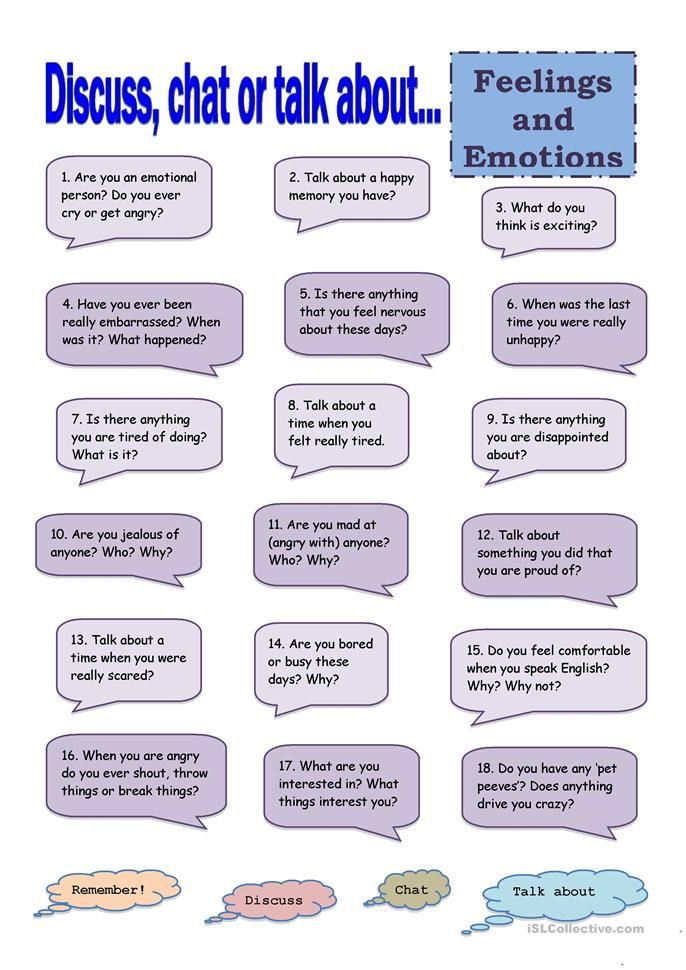 32 841.92] /Contents 233 0 R /group> /Tabs /S /StructParents 87 >> endobj 76 0 obj > /ProcSet [/PDF /Text /ImageB /ImageC /ImageI] >> /MediaBox [0 0 595.32 841.92] /Contents 234 0 R /group> /Tabs /S /StructParents 88 >> endobj 77 0 obj > /ProcSet [/PDF /Text /ImageB /ImageC /ImageI] >> /MediaBox[0 0 595.32 841.92] /Contents 235 0 R /group> /Tabs /S /StructParents 89 >> endobj 78 0 obj > /ProcSet [/PDF /Text /ImageB /ImageC /ImageI] >> /MediaBox [0 0 595.32 841.92] /Contents 236 0 R /group> /Tabs /S /StructParents 90 >> endobj 79 0 obj > /ProcSet [/PDF /Text /ImageB /ImageC /ImageI] >> /MediaBox [0 0 841.92 595.32] /Contents 237 0R /group> /Tabs /S /StructParents 91 >> endobj 80 0 obj > /ProcSet [/PDF /Text /ImageB /ImageC /ImageI] >> /MediaBox[0 0 841.92 595.32] /Contents 238 0 R /group> /Tabs /S /StructParents 92 >> endobj 81 0 obj > /XObject> /ProcSet [/PDF /Text /ImageB /ImageC /ImageI] >> /MediaBox [0 0 595.32 841.92] /Contents 241 0 R /group> /Tabs /S /StructParents 93 >> endobj 82 0 obj > /XObject> /ProcSet [/PDF /Text /ImageB /ImageC /ImageI] >> /MediaBox [0 0 595.
32 841.92] /Contents 233 0 R /group> /Tabs /S /StructParents 87 >> endobj 76 0 obj > /ProcSet [/PDF /Text /ImageB /ImageC /ImageI] >> /MediaBox [0 0 595.32 841.92] /Contents 234 0 R /group> /Tabs /S /StructParents 88 >> endobj 77 0 obj > /ProcSet [/PDF /Text /ImageB /ImageC /ImageI] >> /MediaBox[0 0 595.32 841.92] /Contents 235 0 R /group> /Tabs /S /StructParents 89 >> endobj 78 0 obj > /ProcSet [/PDF /Text /ImageB /ImageC /ImageI] >> /MediaBox [0 0 595.32 841.92] /Contents 236 0 R /group> /Tabs /S /StructParents 90 >> endobj 79 0 obj > /ProcSet [/PDF /Text /ImageB /ImageC /ImageI] >> /MediaBox [0 0 841.92 595.32] /Contents 237 0R /group> /Tabs /S /StructParents 91 >> endobj 80 0 obj > /ProcSet [/PDF /Text /ImageB /ImageC /ImageI] >> /MediaBox[0 0 841.92 595.32] /Contents 238 0 R /group> /Tabs /S /StructParents 92 >> endobj 81 0 obj > /XObject> /ProcSet [/PDF /Text /ImageB /ImageC /ImageI] >> /MediaBox [0 0 595.32 841.92] /Contents 241 0 R /group> /Tabs /S /StructParents 93 >> endobj 82 0 obj > /XObject> /ProcSet [/PDF /Text /ImageB /ImageC /ImageI] >> /MediaBox [0 0 595.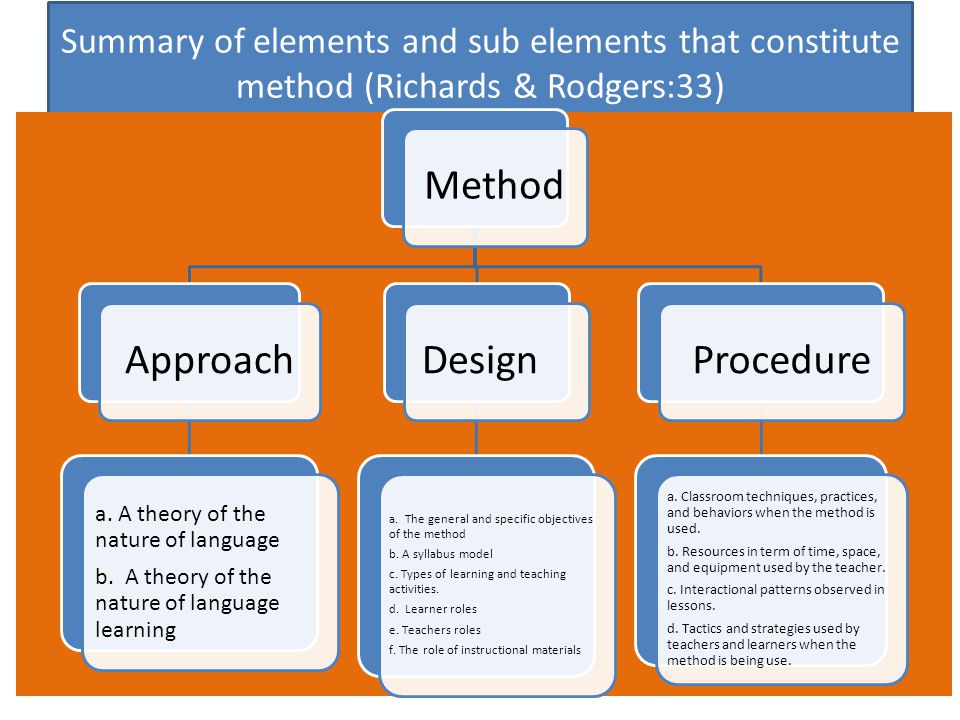 32 841.92] /Contents 245 0 R /group> /Tabs /S /StructParents 94 >> endobj 83 0 obj > /XObject> /ProcSet [/PDF /Text /ImageB /ImageC /ImageI] >> /MediaBox[0 0 595.32 841.92] /Contents 248 0R /group> /Tabs /S /StructParents 95 >> endobj 84 0 obj > /XObject> /ProcSet [/PDF /Text /ImageB /ImageC /ImageI] >> /MediaBox [0 0 595.32 841.92] /Contents 252 0R /group> /Tabs /S /StructParents 96 >> endobj 85 0 obj > /ProcSet [/PDF /Text /ImageB /ImageC /ImageI] >> /MediaBox [0 0 841.92 595.32] /Contents 253 0 R /group> /Tabs /S /StructParents 97 >> endobj 86 0 obj > /ProcSet [/PDF /Text /ImageB /ImageC /ImageI] >> /MediaBox[0 0 841.92 595.32] /Contents 254 0 R /group> /Tabs /S /StructParents 98 >> endobj 87 0 obj > /ProcSet [/PDF /Text /ImageB /ImageC /ImageI] >> /MediaBox [0 0 841.92 595.32] /Contents 255 0 R /group> /Tabs /S /StructParents 99 >> endobj 88 0 obj > /ProcSet [/PDF /Text /ImageB /ImageC /ImageI] >> /MediaBox [0 0 841.92 595.32] /Contents 256 0 R /group> /Tabs /S /StructParents 100 >> endobj 89 0 obj > /ProcSet [/PDF /Text /ImageB /ImageC /ImageI] >> /MediaBox[0 0 841.
32 841.92] /Contents 245 0 R /group> /Tabs /S /StructParents 94 >> endobj 83 0 obj > /XObject> /ProcSet [/PDF /Text /ImageB /ImageC /ImageI] >> /MediaBox[0 0 595.32 841.92] /Contents 248 0R /group> /Tabs /S /StructParents 95 >> endobj 84 0 obj > /XObject> /ProcSet [/PDF /Text /ImageB /ImageC /ImageI] >> /MediaBox [0 0 595.32 841.92] /Contents 252 0R /group> /Tabs /S /StructParents 96 >> endobj 85 0 obj > /ProcSet [/PDF /Text /ImageB /ImageC /ImageI] >> /MediaBox [0 0 841.92 595.32] /Contents 253 0 R /group> /Tabs /S /StructParents 97 >> endobj 86 0 obj > /ProcSet [/PDF /Text /ImageB /ImageC /ImageI] >> /MediaBox[0 0 841.92 595.32] /Contents 254 0 R /group> /Tabs /S /StructParents 98 >> endobj 87 0 obj > /ProcSet [/PDF /Text /ImageB /ImageC /ImageI] >> /MediaBox [0 0 841.92 595.32] /Contents 255 0 R /group> /Tabs /S /StructParents 99 >> endobj 88 0 obj > /ProcSet [/PDF /Text /ImageB /ImageC /ImageI] >> /MediaBox [0 0 841.92 595.32] /Contents 256 0 R /group> /Tabs /S /StructParents 100 >> endobj 89 0 obj > /ProcSet [/PDF /Text /ImageB /ImageC /ImageI] >> /MediaBox[0 0 841. 92 595.32] /Contents 257 0 R /group> /Tabs /S /StructParents 101 >> endobj 90 0 obj > /ProcSet [/PDF /Text /ImageB /ImageC /ImageI] >> /MediaBox [0 0 841.92 595.32] /Contents 258 0 R /group> /Tabs /S /StructParents 102 >> endobj 91 0 obj > /ProcSet [/PDF /Text /ImageB /ImageC /ImageI] >> /MediaBox [0 0 841.92 595.32] /Contents 259 0 R /group> /Tabs /S /StructParents 103 >> endobj 92 0 obj > /ProcSet [/PDF /Text /ImageB /ImageC /ImageI] >> /MediaBox[0 0 841.92 595.32] /Contents 260 0 R /group> /Tabs /S /StructParents 104 >> endobj 93 0 obj > /ProcSet [/PDF /Text /ImageB /ImageC /ImageI] >> /MediaBox [0 0 841.92 595.32] /Contents 261 0 R /group> /Tabs /S /StructParents 105 >> endobj 94 0 obj > /ProcSet [/PDF /Text /ImageB /ImageC /ImageI] >> /MediaBox [0 0 841.92 595.32] /Contents 262 0R /group> /Tabs /S /StructParents 106 >> endobj 95 0 obj > /ProcSet [/PDF /Text /ImageB /ImageC /ImageI] >> /MediaBox[0 0 841.92 595.32] /Contents 263 0 R /group> /Tabs /S /StructParents 107 >> endobj 96 0 obj > /ProcSet [/PDF /Text /ImageB /ImageC /ImageI] >> /MediaBox [0 0 841.
92 595.32] /Contents 257 0 R /group> /Tabs /S /StructParents 101 >> endobj 90 0 obj > /ProcSet [/PDF /Text /ImageB /ImageC /ImageI] >> /MediaBox [0 0 841.92 595.32] /Contents 258 0 R /group> /Tabs /S /StructParents 102 >> endobj 91 0 obj > /ProcSet [/PDF /Text /ImageB /ImageC /ImageI] >> /MediaBox [0 0 841.92 595.32] /Contents 259 0 R /group> /Tabs /S /StructParents 103 >> endobj 92 0 obj > /ProcSet [/PDF /Text /ImageB /ImageC /ImageI] >> /MediaBox[0 0 841.92 595.32] /Contents 260 0 R /group> /Tabs /S /StructParents 104 >> endobj 93 0 obj > /ProcSet [/PDF /Text /ImageB /ImageC /ImageI] >> /MediaBox [0 0 841.92 595.32] /Contents 261 0 R /group> /Tabs /S /StructParents 105 >> endobj 94 0 obj > /ProcSet [/PDF /Text /ImageB /ImageC /ImageI] >> /MediaBox [0 0 841.92 595.32] /Contents 262 0R /group> /Tabs /S /StructParents 106 >> endobj 95 0 obj > /ProcSet [/PDF /Text /ImageB /ImageC /ImageI] >> /MediaBox[0 0 841.92 595.32] /Contents 263 0 R /group> /Tabs /S /StructParents 107 >> endobj 96 0 obj > /ProcSet [/PDF /Text /ImageB /ImageC /ImageI] >> /MediaBox [0 0 841.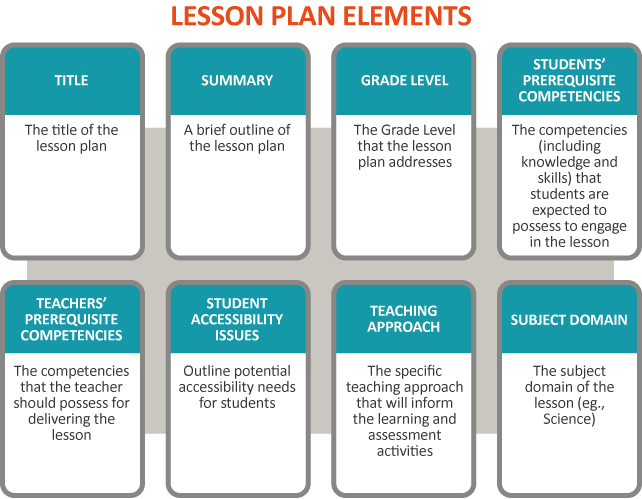 92 595.32] /Contents 264 0 R /group> /Tabs /S /StructParents 108 >> endobj 97 0 obj > /ProcSet [/PDF /Text /ImageB /ImageC /ImageI] >> /MediaBox [0 0 841.92 595.32] /Contents 265 0 R /group> /Tabs /S /StructParents 109 >> endobj 98 0 obj > /ProcSet [/PDF /Text /ImageB /ImageC /ImageI] >> /MediaBox[0 0 841.92 595.32] /Contents 266 0R /group> /Tabs /S /StructParents 110 >> endobj 99 0 obj > /ProcSet [/PDF /Text /ImageB /ImageC /ImageI] >> /MediaBox [0 0 595.32 841.92] /Contents 267 0 R /group> /Tabs /S /StructParents 111 >> endobj 100 0 obj > /ProcSet [/PDF /Text /ImageB /ImageC /ImageI] >> /MediaBox [0 0 595.32 841.92] /Contents 268 0 R /group> /Tabs /S /StructParents 112 >> endobj 101 0 obj > /ProcSet [/PDF /Text /ImageB /ImageC /ImageI] >> /MediaBox[0 0 595.32 841.92] /Contents 269 0R /group> /Tabs /S /StructParents 113 >> endobj 102 0 obj > /ProcSet [/PDF /Text /ImageB /ImageC /ImageI] >> /MediaBox [0 0 595.32 841.92] /Contents 270 0 R /group> /Tabs /S /StructParents 114 >> endobj 103 0 obj > /ProcSet [/PDF /Text /ImageB /ImageC /ImageI] >> /MediaBox [0 0 595.
92 595.32] /Contents 264 0 R /group> /Tabs /S /StructParents 108 >> endobj 97 0 obj > /ProcSet [/PDF /Text /ImageB /ImageC /ImageI] >> /MediaBox [0 0 841.92 595.32] /Contents 265 0 R /group> /Tabs /S /StructParents 109 >> endobj 98 0 obj > /ProcSet [/PDF /Text /ImageB /ImageC /ImageI] >> /MediaBox[0 0 841.92 595.32] /Contents 266 0R /group> /Tabs /S /StructParents 110 >> endobj 99 0 obj > /ProcSet [/PDF /Text /ImageB /ImageC /ImageI] >> /MediaBox [0 0 595.32 841.92] /Contents 267 0 R /group> /Tabs /S /StructParents 111 >> endobj 100 0 obj > /ProcSet [/PDF /Text /ImageB /ImageC /ImageI] >> /MediaBox [0 0 595.32 841.92] /Contents 268 0 R /group> /Tabs /S /StructParents 112 >> endobj 101 0 obj > /ProcSet [/PDF /Text /ImageB /ImageC /ImageI] >> /MediaBox[0 0 595.32 841.92] /Contents 269 0R /group> /Tabs /S /StructParents 113 >> endobj 102 0 obj > /ProcSet [/PDF /Text /ImageB /ImageC /ImageI] >> /MediaBox [0 0 595.32 841.92] /Contents 270 0 R /group> /Tabs /S /StructParents 114 >> endobj 103 0 obj > /ProcSet [/PDF /Text /ImageB /ImageC /ImageI] >> /MediaBox [0 0 595.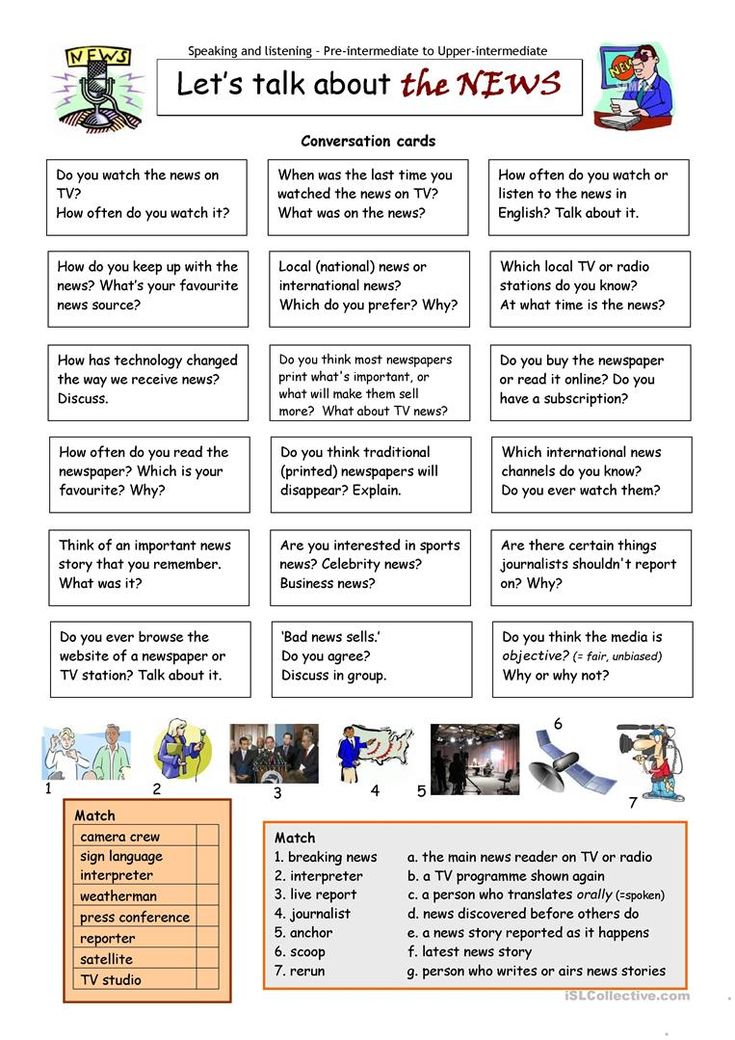 32 841.92] /Contents 271 0 R /group> /Tabs /S /StructParents 115 >> endobj 104 0 obj > /ProcSet [/PDF /Text /ImageB /ImageC /ImageI] >> /MediaBox[0 0 595.32 841.92] /Contents 272 0 R /group> /Tabs /S /StructParents 116 >> endobj 105 0 obj > /ProcSet [/PDF /Text /ImageB /ImageC /ImageI] >> /MediaBox [0 0 595.32 841.92] /Contents 273 0R /group> /Tabs /S /StructParents 117 >> endobj 106 0 obj > /ProcSet [/PDF /Text /ImageB /ImageC /ImageI] >> /MediaBox [0 0 595.32 841.92] /Contents 276 0 R /group> /Tabs /S /StructParents 118 >> endobj 107 0 obj > /ProcSet [/PDF /Text /ImageB /ImageC /ImageI] >> /MediaBox[0 0 595.32 841.92] /Contents 277 0R /group> /Tabs /S /StructParents 119 >> endobj 108 0 obj > /ProcSet [/PDF /Text /ImageB /ImageC /ImageI] >> /MediaBox [0 0 595.32 841.92] /Contents 278 0R /group> /Tabs /S /StructParents 120 >> endobj 109 0 obj > /ProcSet [/PDF /Text /ImageB /ImageC /ImageI] >> /MediaBox [0 0 595.32 841.92] /Contents 280 0 R /group> /Tabs /S /StructParents 121 >> endobj 110 0 obj > /ProcSet [/PDF /Text /ImageB /ImageC /ImageI] >> /MediaBox[0 0 595.
32 841.92] /Contents 271 0 R /group> /Tabs /S /StructParents 115 >> endobj 104 0 obj > /ProcSet [/PDF /Text /ImageB /ImageC /ImageI] >> /MediaBox[0 0 595.32 841.92] /Contents 272 0 R /group> /Tabs /S /StructParents 116 >> endobj 105 0 obj > /ProcSet [/PDF /Text /ImageB /ImageC /ImageI] >> /MediaBox [0 0 595.32 841.92] /Contents 273 0R /group> /Tabs /S /StructParents 117 >> endobj 106 0 obj > /ProcSet [/PDF /Text /ImageB /ImageC /ImageI] >> /MediaBox [0 0 595.32 841.92] /Contents 276 0 R /group> /Tabs /S /StructParents 118 >> endobj 107 0 obj > /ProcSet [/PDF /Text /ImageB /ImageC /ImageI] >> /MediaBox[0 0 595.32 841.92] /Contents 277 0R /group> /Tabs /S /StructParents 119 >> endobj 108 0 obj > /ProcSet [/PDF /Text /ImageB /ImageC /ImageI] >> /MediaBox [0 0 595.32 841.92] /Contents 278 0R /group> /Tabs /S /StructParents 120 >> endobj 109 0 obj > /ProcSet [/PDF /Text /ImageB /ImageC /ImageI] >> /MediaBox [0 0 595.32 841.92] /Contents 280 0 R /group> /Tabs /S /StructParents 121 >> endobj 110 0 obj > /ProcSet [/PDF /Text /ImageB /ImageC /ImageI] >> /MediaBox[0 0 595.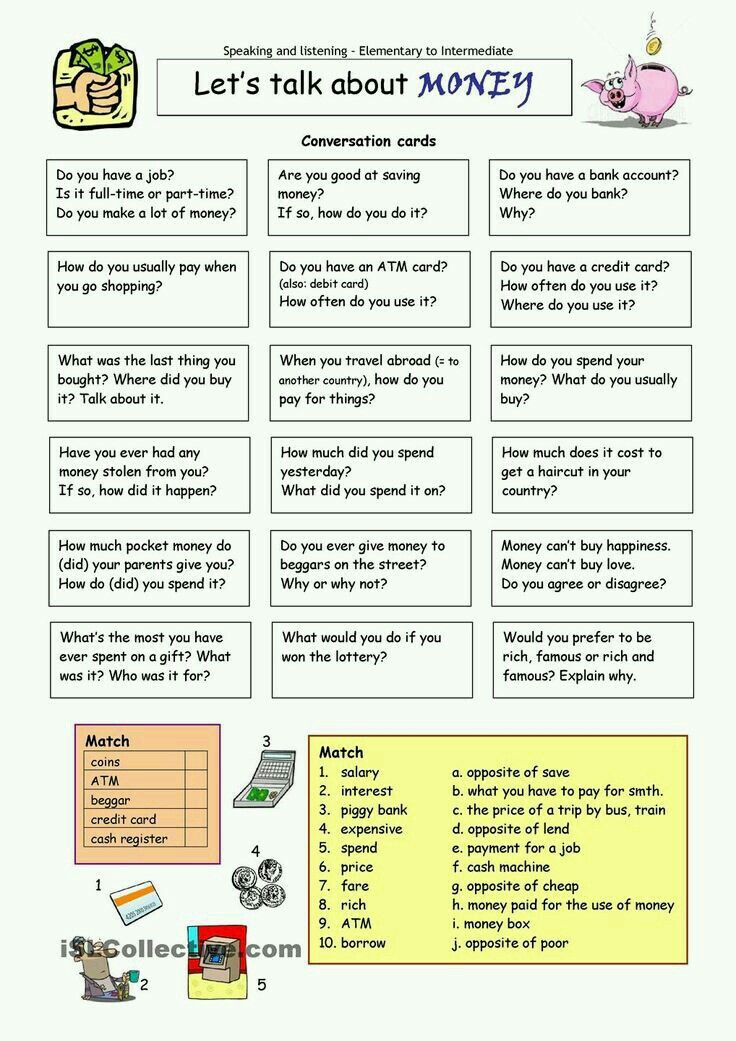 32 841.92] /Contents 281 0R /group> /Tabs /S /StructParents 122 >> endobj 111 0 obj > /ProcSet [/PDF /Text /ImageB /ImageC /ImageI] >> /MediaBox [0 0 595.32 841.92] /Contents 282 0 R /group> /Tabs /S /StructParents 123 >> endobj 112 0 obj > /ProcSet [/PDF /Text /ImageB /ImageC /ImageI] >> /MediaBox [0 0 595.32 841.92] /Contents 283 0 R /group> /Tabs /S /StructParents 124 >> endobj 113 0 obj > /ProcSet [/PDF /Text /ImageB /ImageC /ImageI] >> /MediaBox[0 0 595.32 841.92] /Contents 284 0 R /group> /Tabs /S /StructParents 125 >> endobj 114 0 obj > /ProcSet [/PDF /Text /ImageB /ImageC /ImageI] >> /MediaBox [0 0 841.92 595.32] /Contents 285 0R /group> /Tabs /S /StructParents 126 >> endobj 115 0 obj > /ProcSet [/PDF /Text /ImageB /ImageC /ImageI] >> /MediaBox [0 0 841.92 595.32] /Contents 286 0R /group> /Tabs /S /StructParents 127 >> endobj 116 0 obj > /XObject> /ProcSet [/PDF /Text /ImageB /ImageC /ImageI] >> /MediaBox[0 0 595.32 841.92] /Contents 289 0 R /group> /Tabs /S /StructParents 128 >> endobj 117 0 obj > /XObject> /ProcSet [/PDF /Text /ImageB /ImageC /ImageI] >> /MediaBox [0 0 595.
32 841.92] /Contents 281 0R /group> /Tabs /S /StructParents 122 >> endobj 111 0 obj > /ProcSet [/PDF /Text /ImageB /ImageC /ImageI] >> /MediaBox [0 0 595.32 841.92] /Contents 282 0 R /group> /Tabs /S /StructParents 123 >> endobj 112 0 obj > /ProcSet [/PDF /Text /ImageB /ImageC /ImageI] >> /MediaBox [0 0 595.32 841.92] /Contents 283 0 R /group> /Tabs /S /StructParents 124 >> endobj 113 0 obj > /ProcSet [/PDF /Text /ImageB /ImageC /ImageI] >> /MediaBox[0 0 595.32 841.92] /Contents 284 0 R /group> /Tabs /S /StructParents 125 >> endobj 114 0 obj > /ProcSet [/PDF /Text /ImageB /ImageC /ImageI] >> /MediaBox [0 0 841.92 595.32] /Contents 285 0R /group> /Tabs /S /StructParents 126 >> endobj 115 0 obj > /ProcSet [/PDF /Text /ImageB /ImageC /ImageI] >> /MediaBox [0 0 841.92 595.32] /Contents 286 0R /group> /Tabs /S /StructParents 127 >> endobj 116 0 obj > /XObject> /ProcSet [/PDF /Text /ImageB /ImageC /ImageI] >> /MediaBox[0 0 595.32 841.92] /Contents 289 0 R /group> /Tabs /S /StructParents 128 >> endobj 117 0 obj > /XObject> /ProcSet [/PDF /Text /ImageB /ImageC /ImageI] >> /MediaBox [0 0 595.